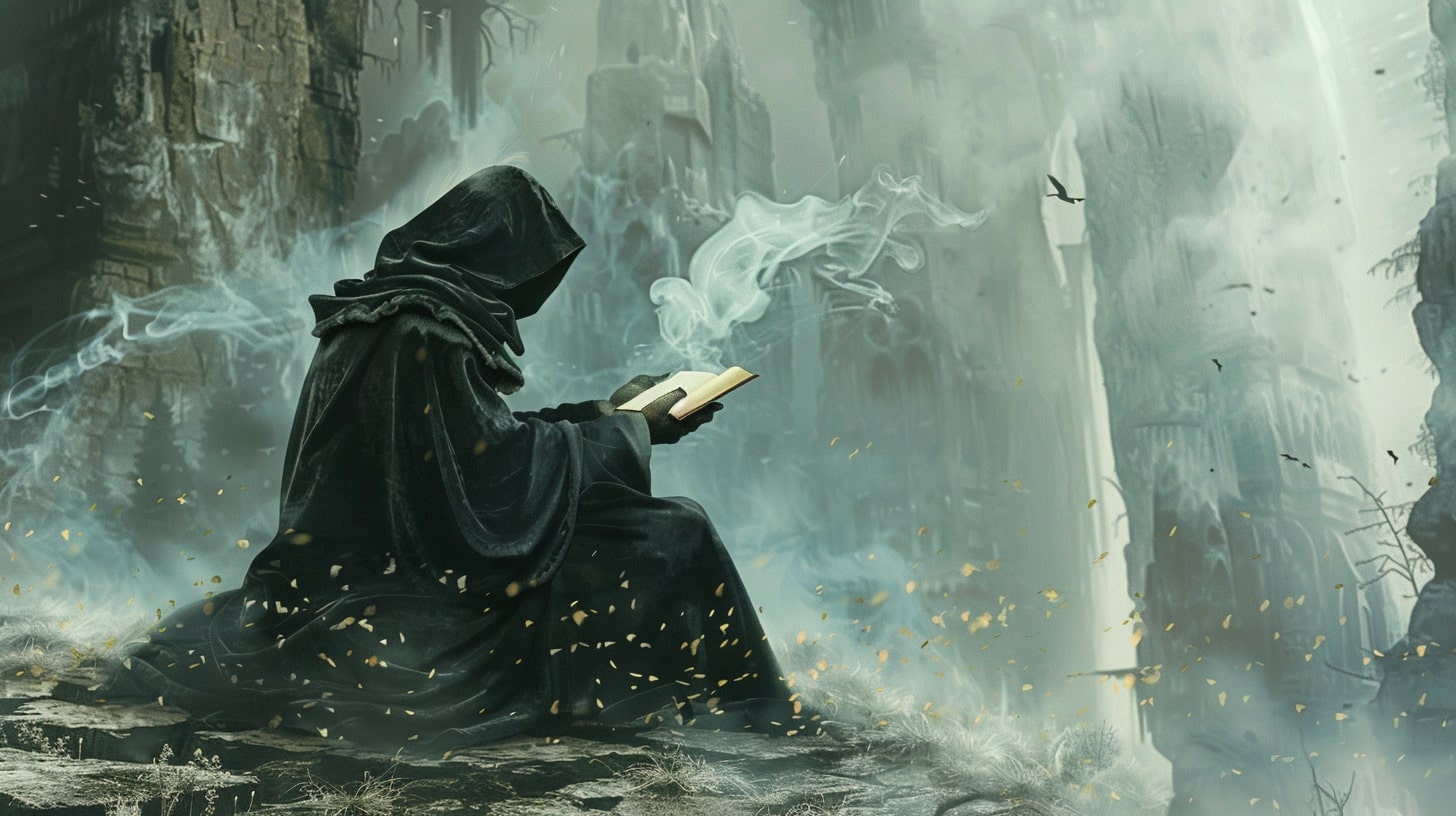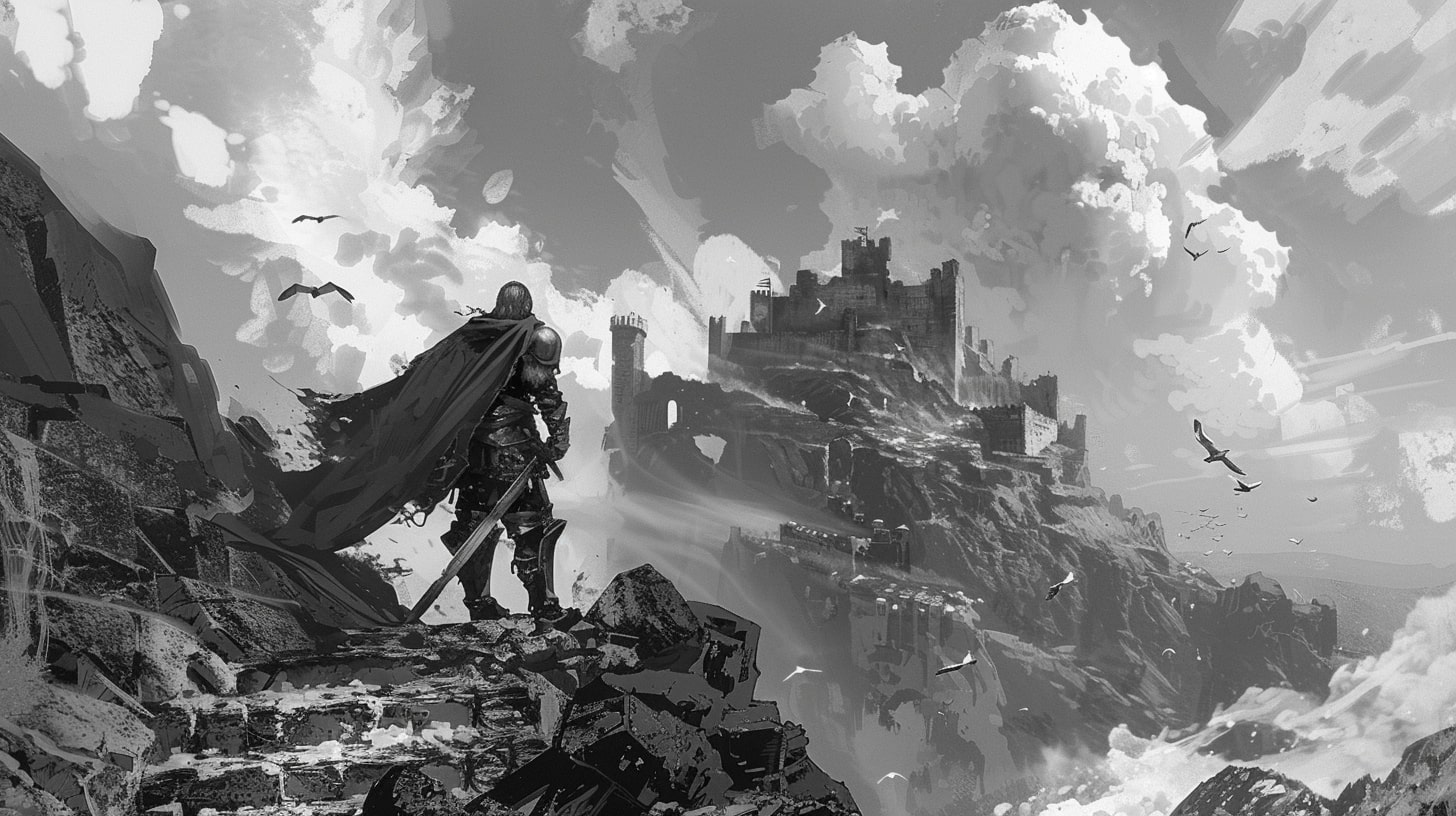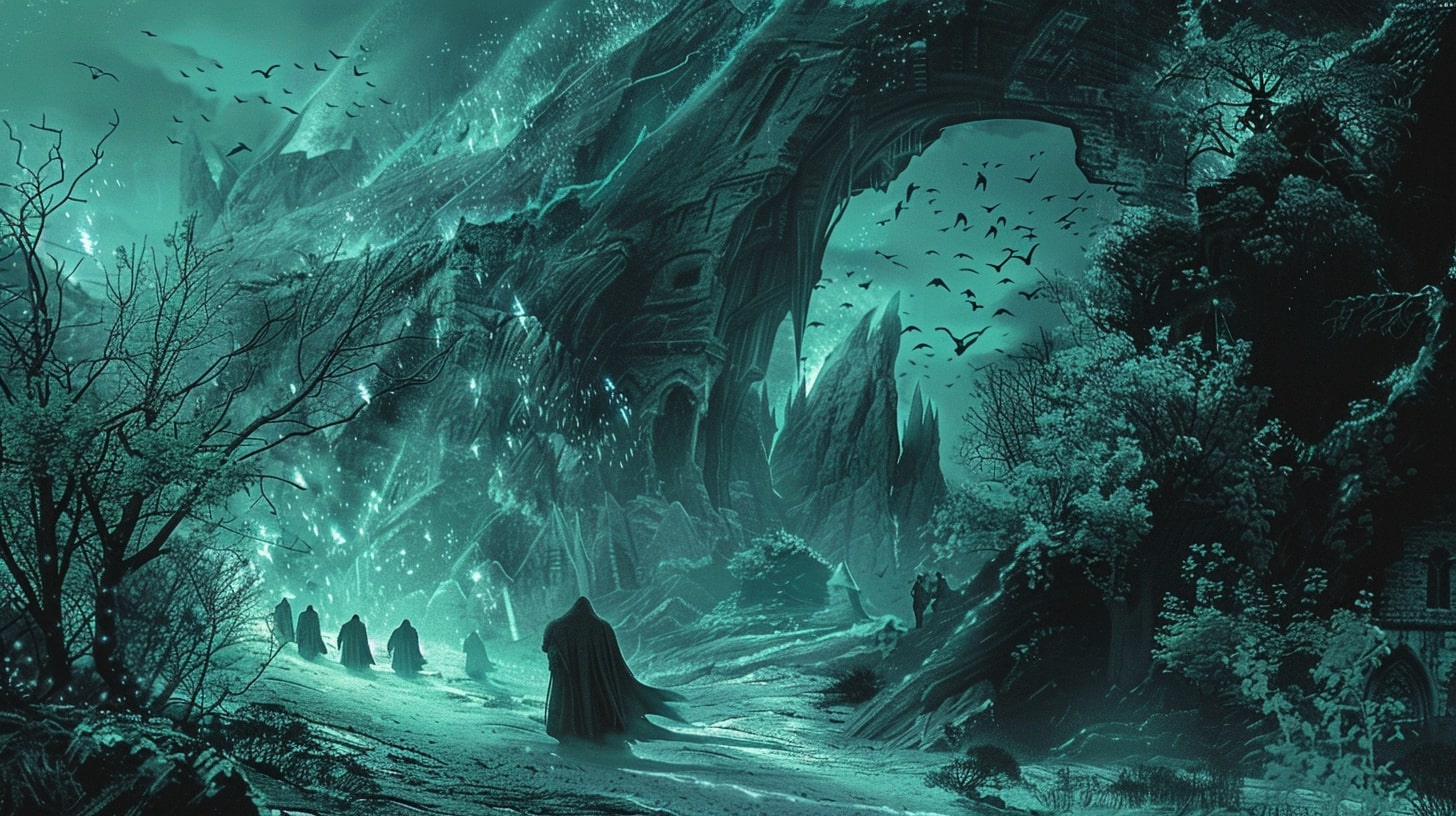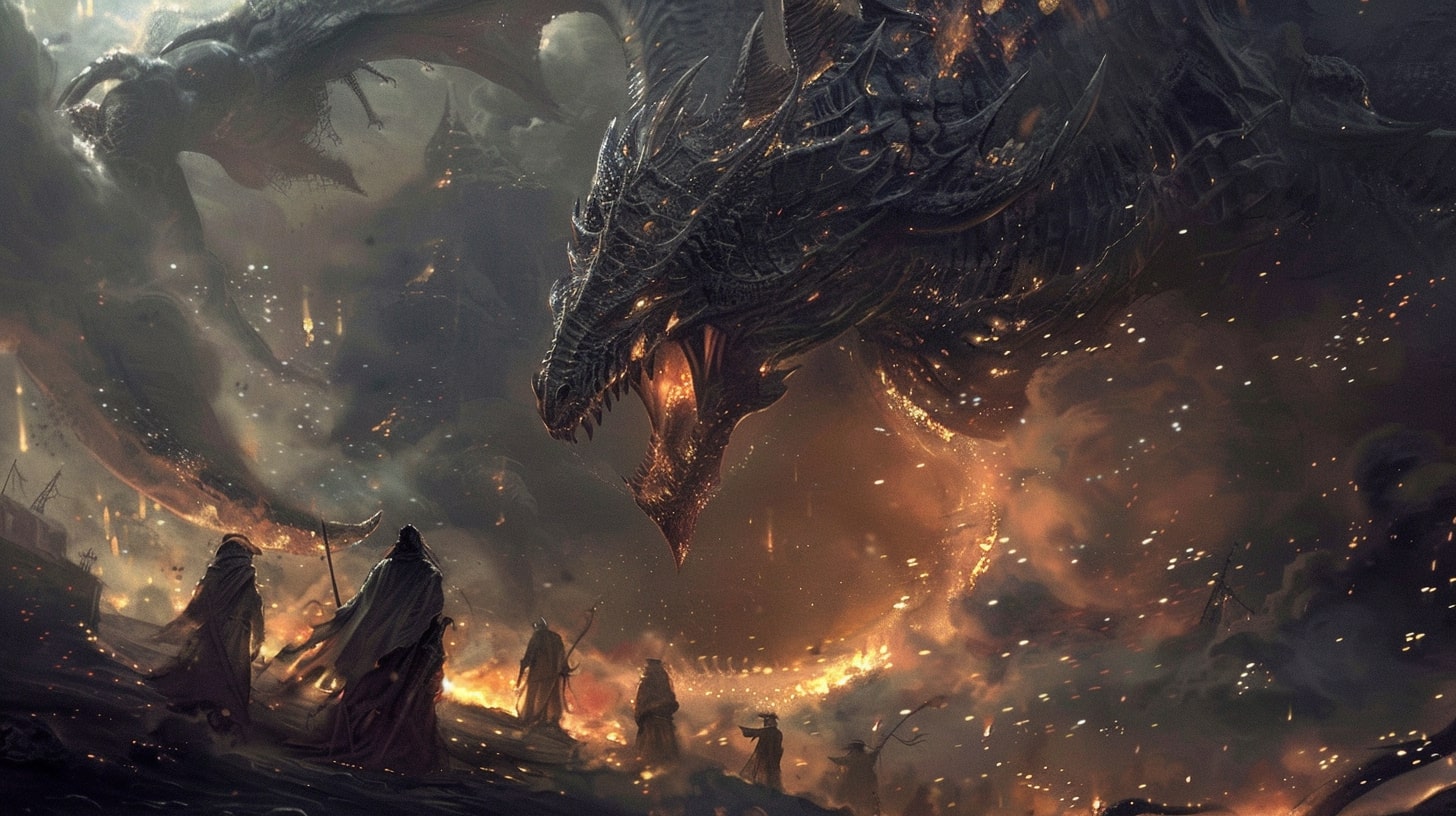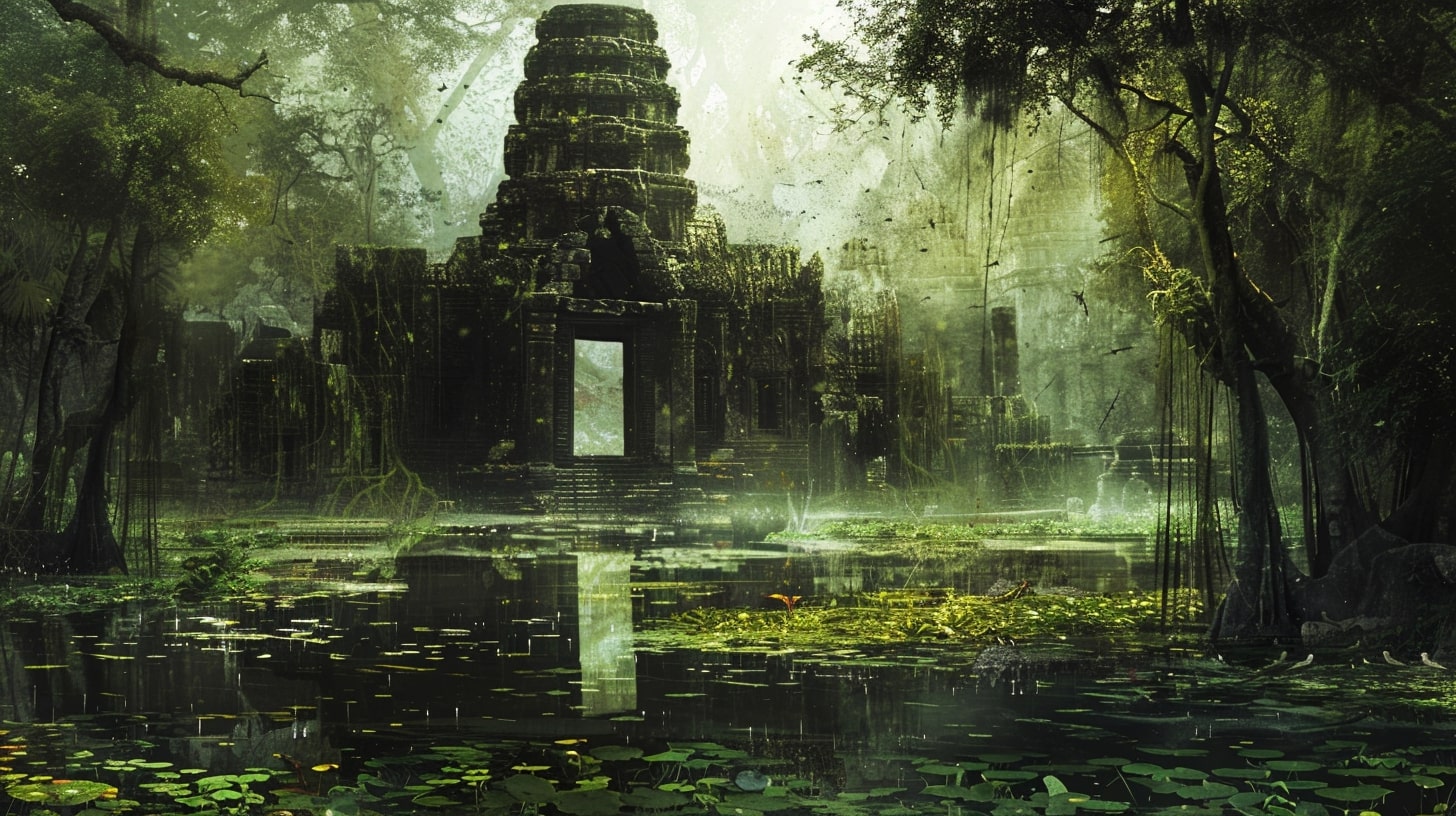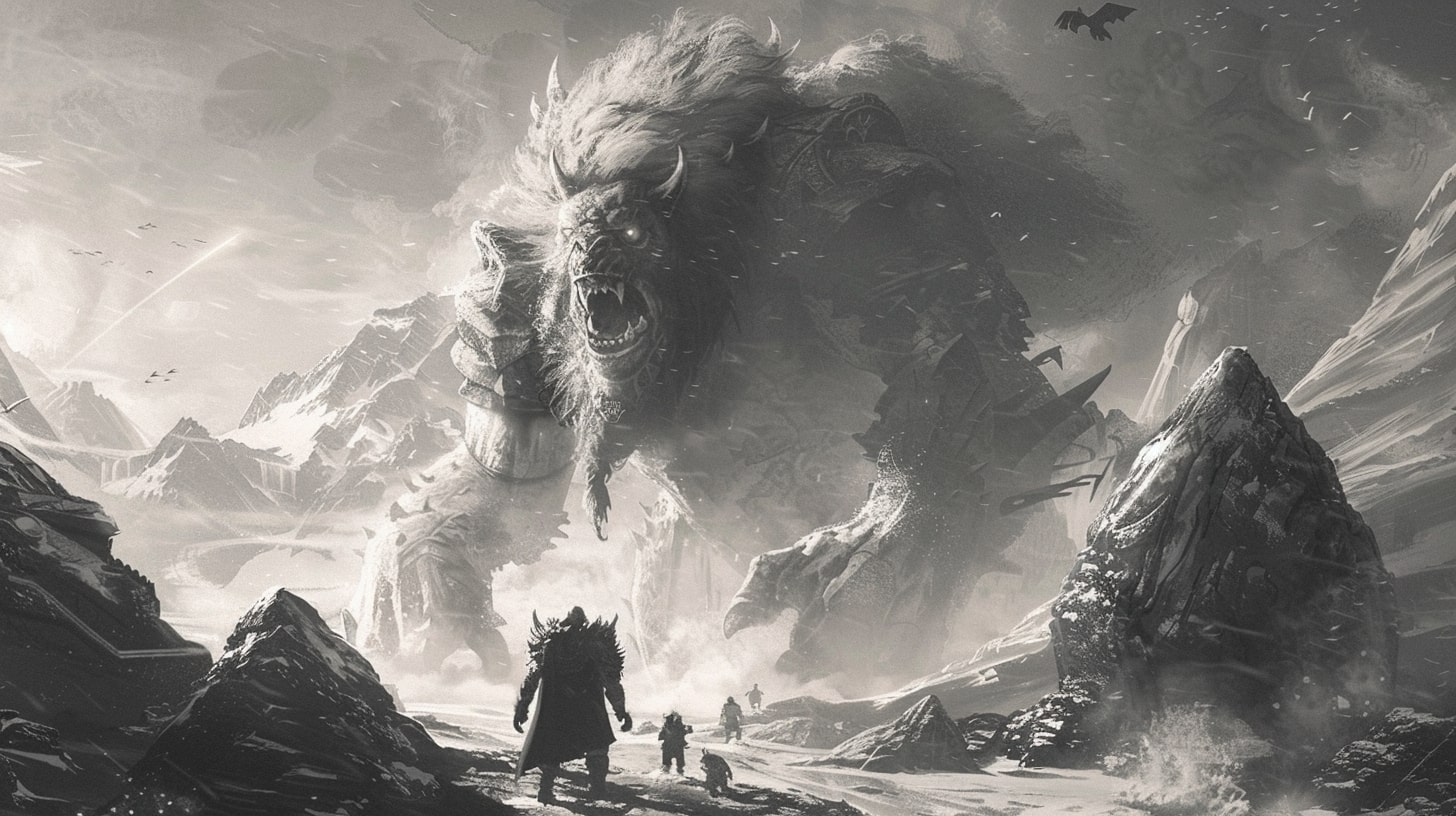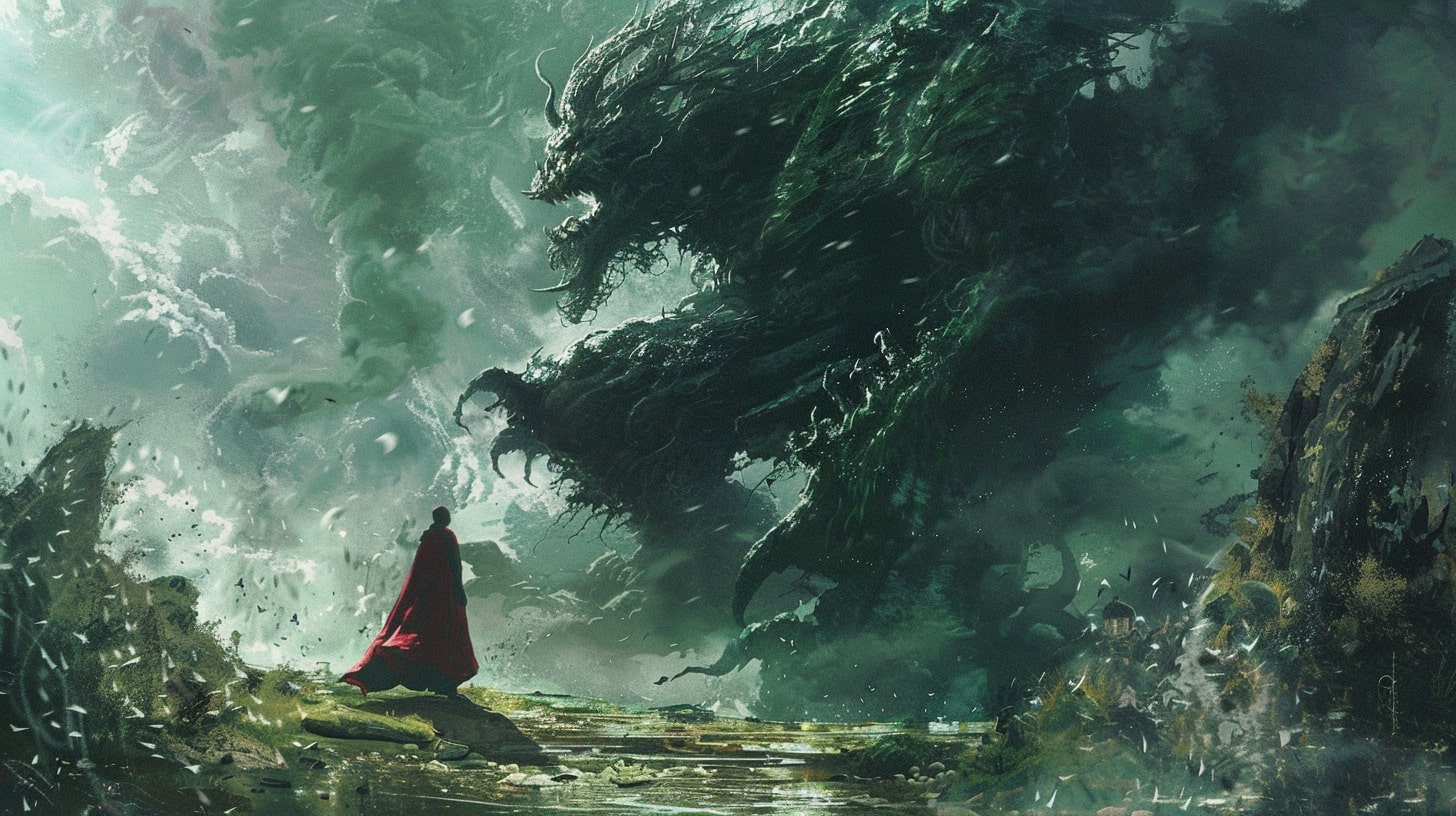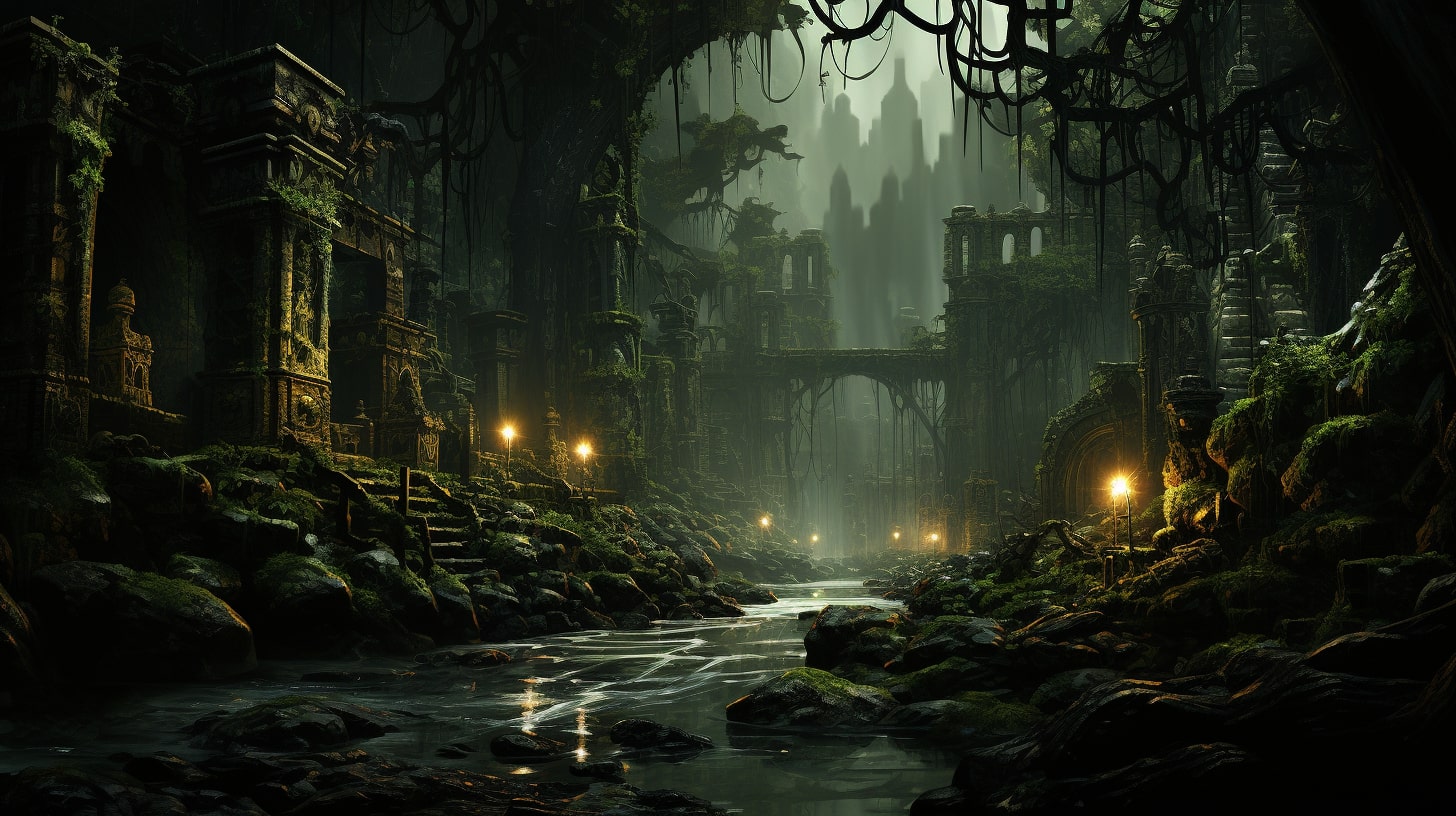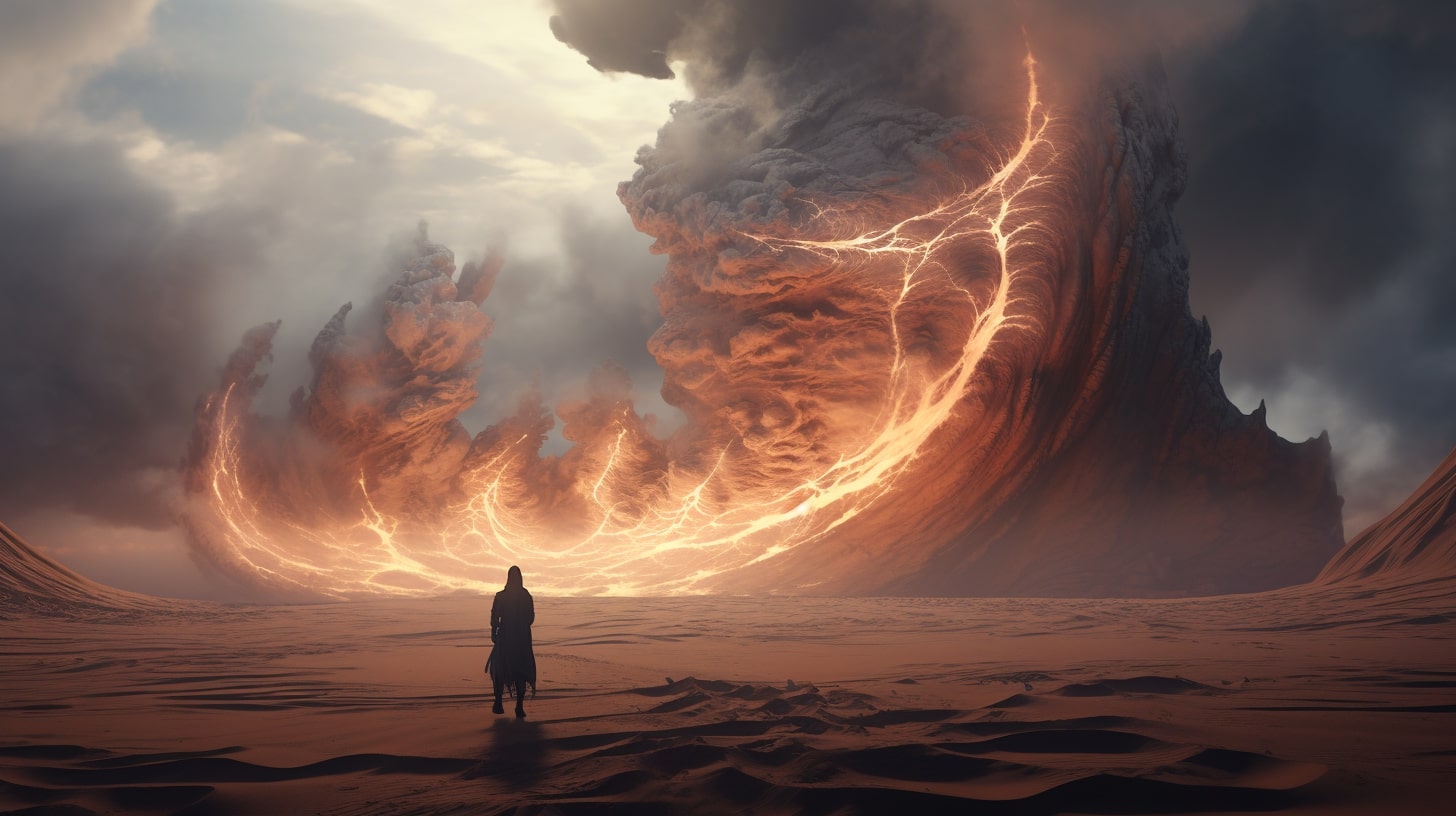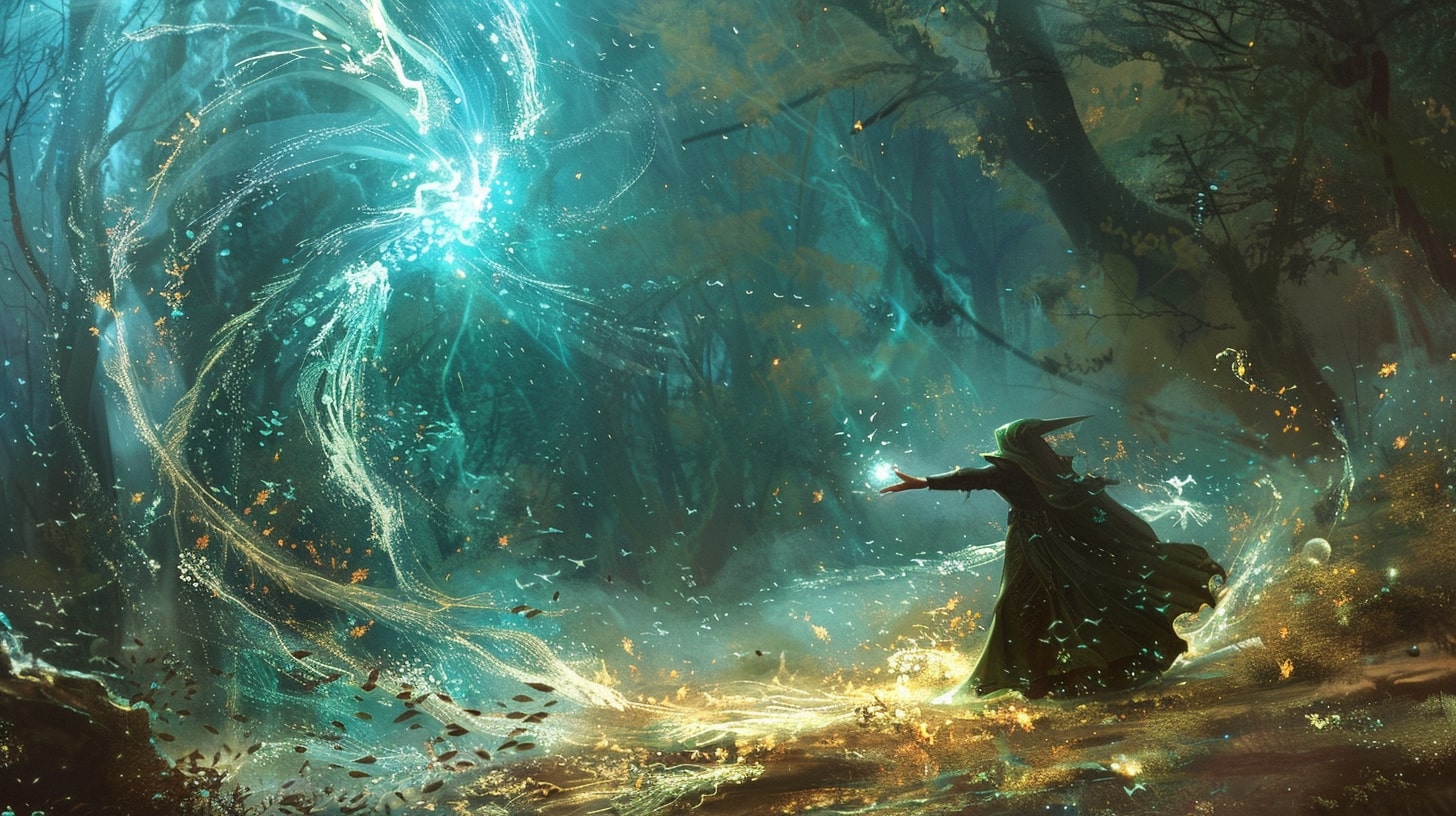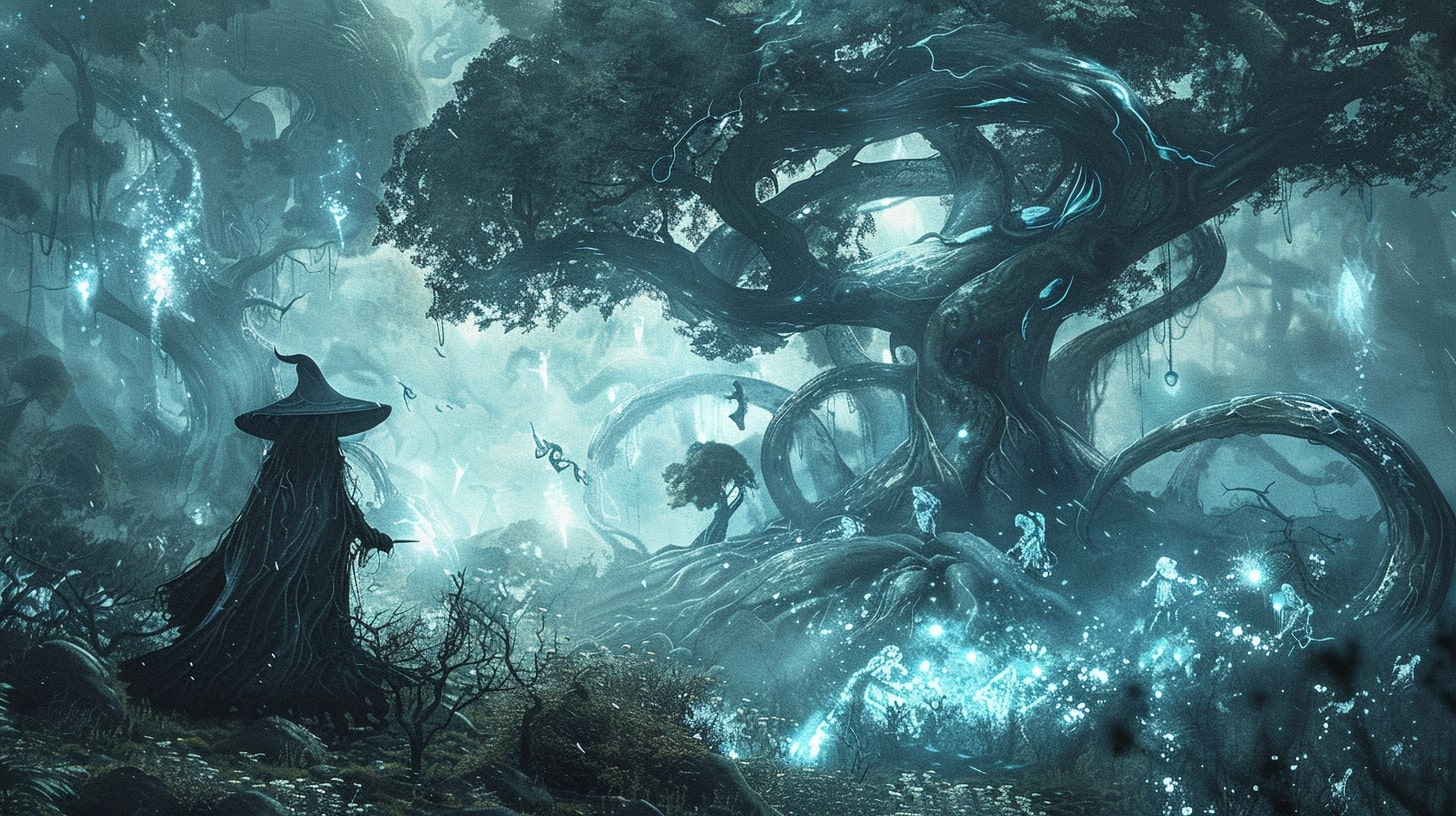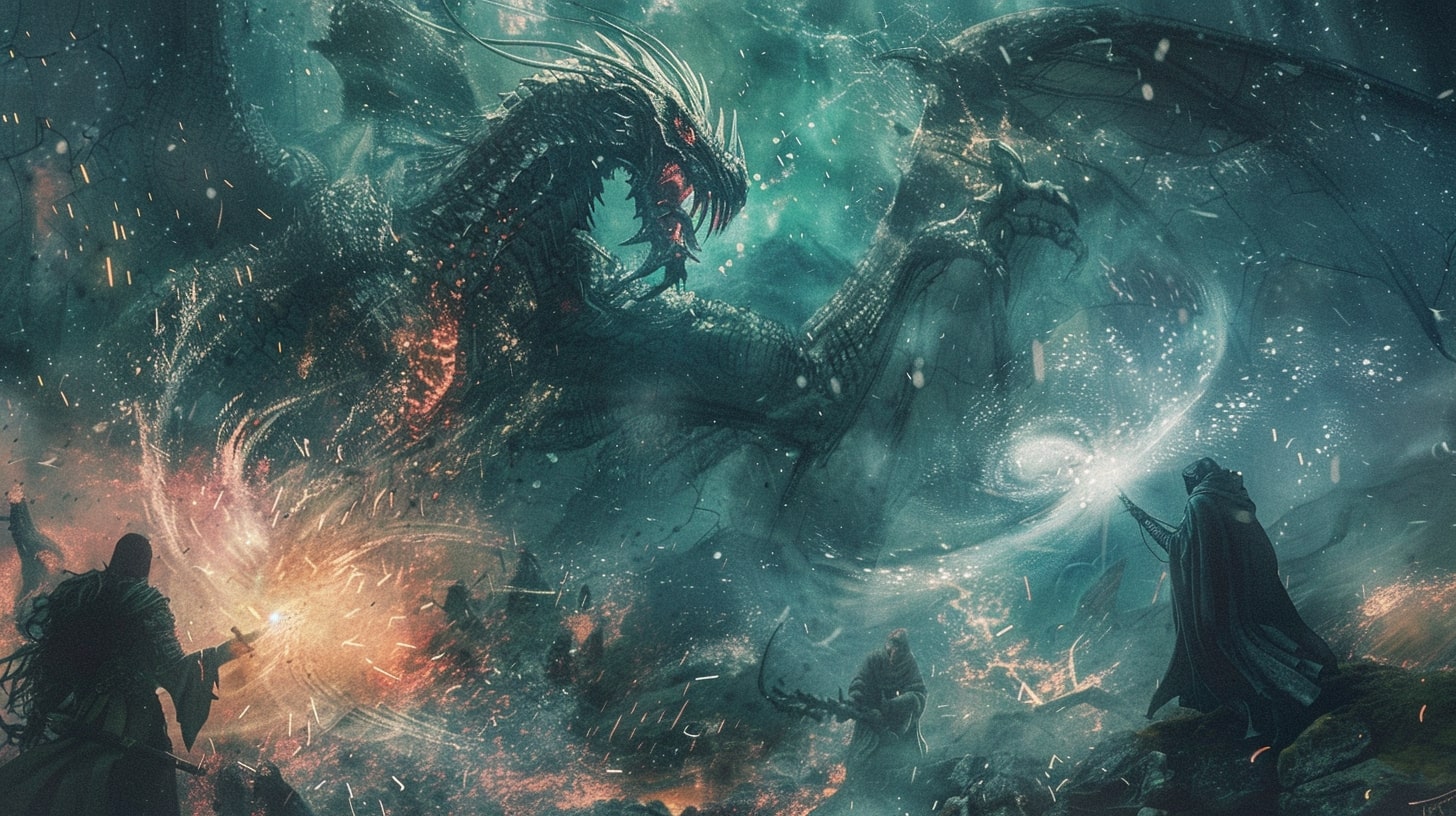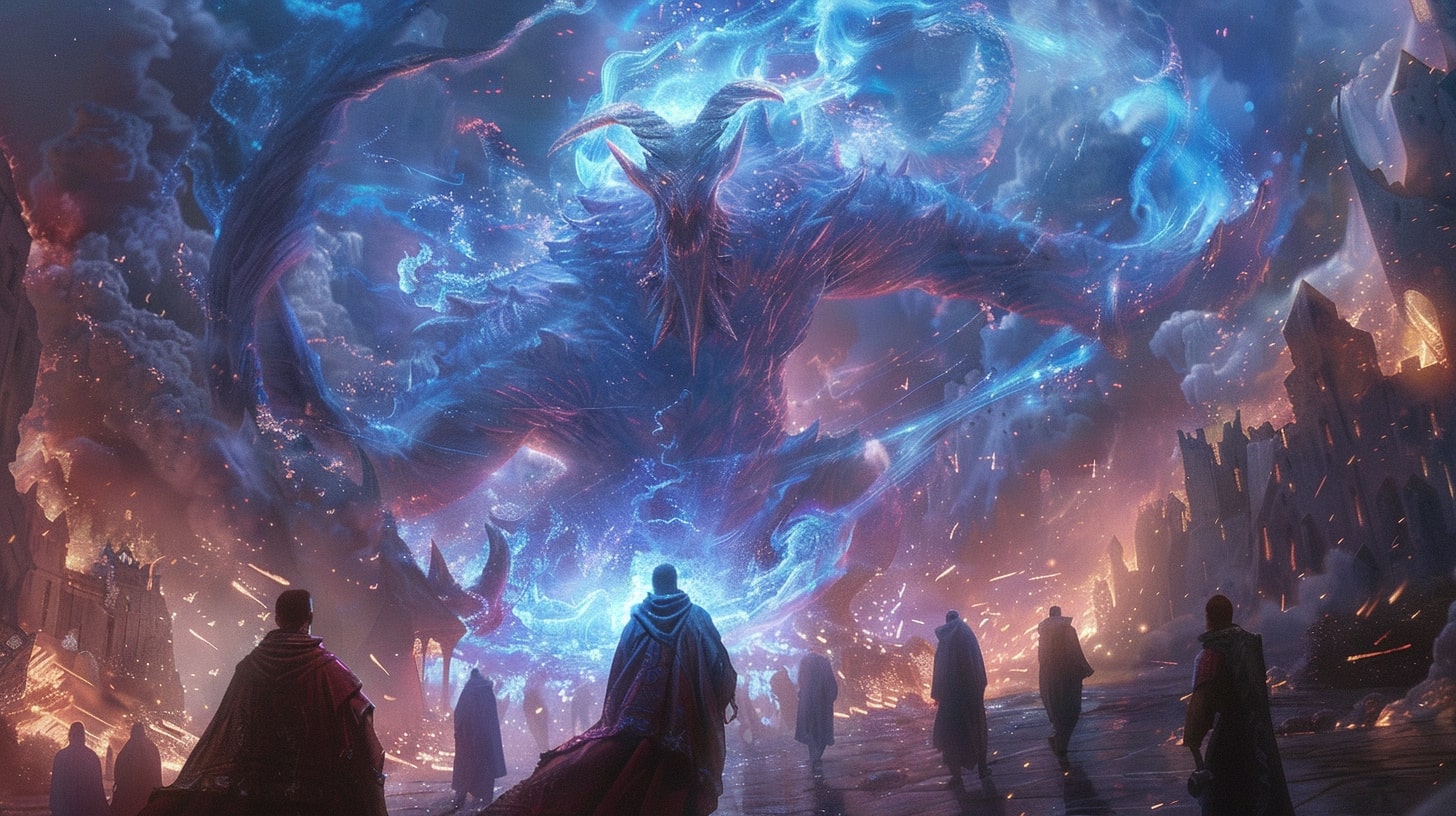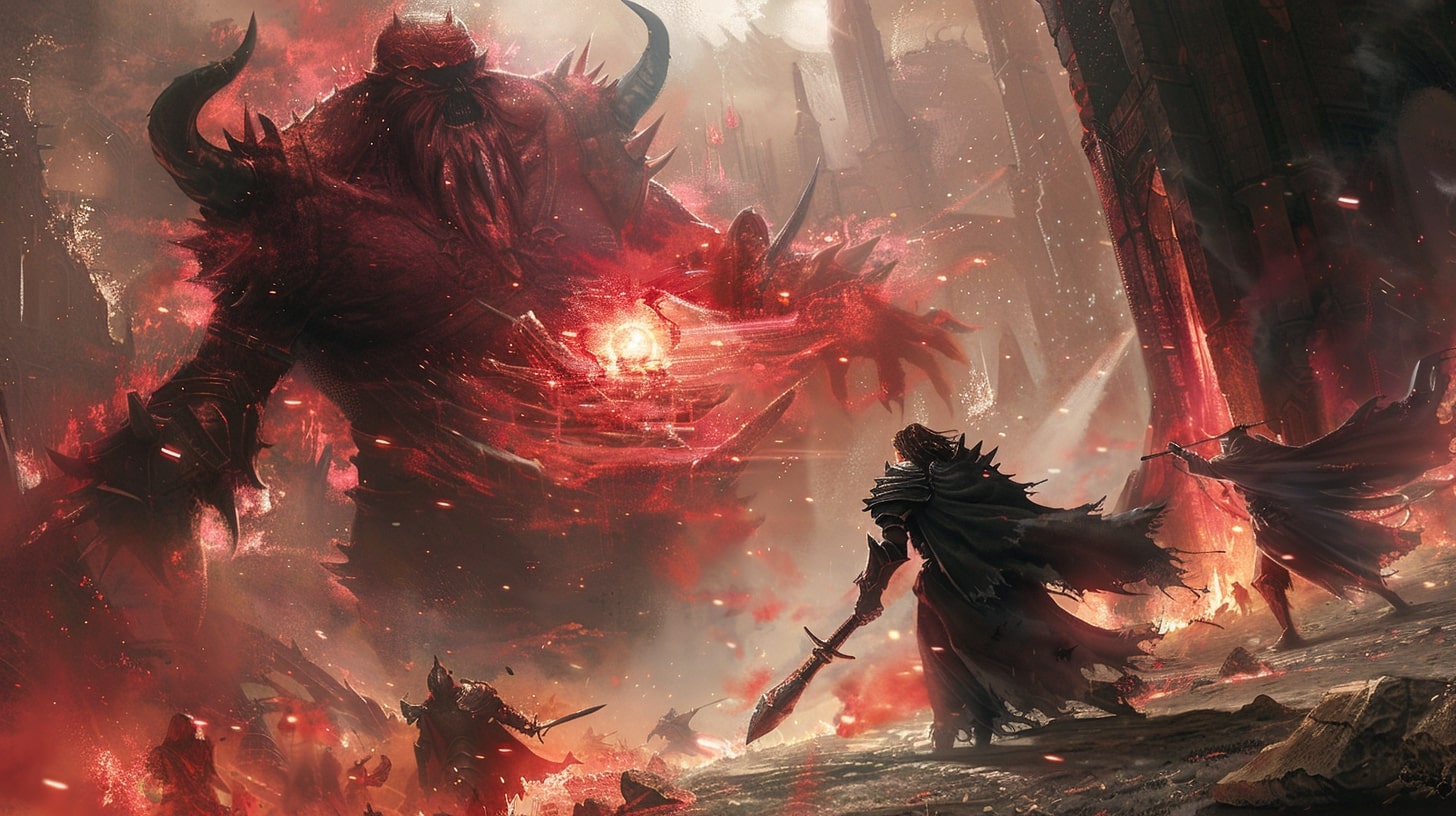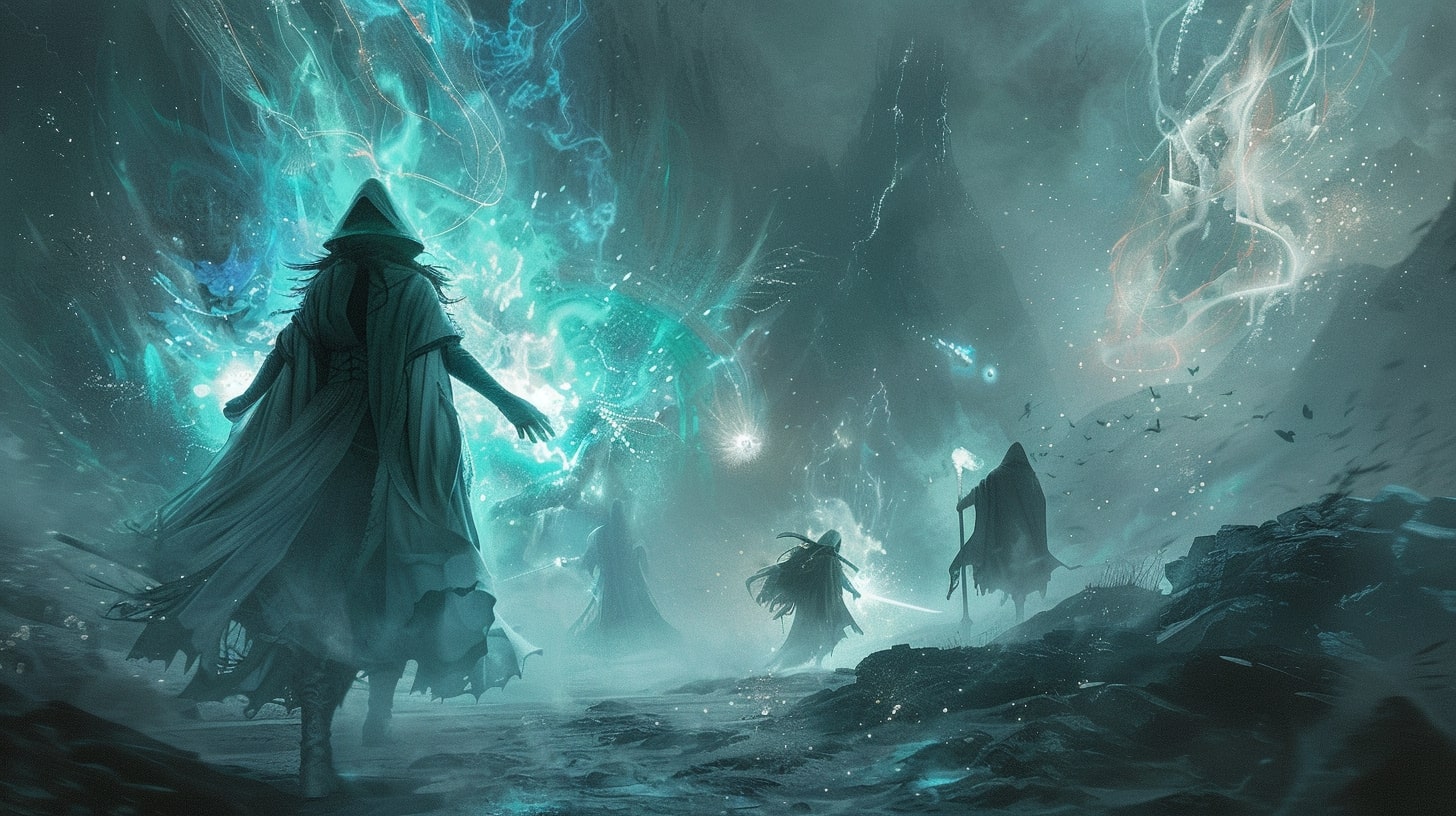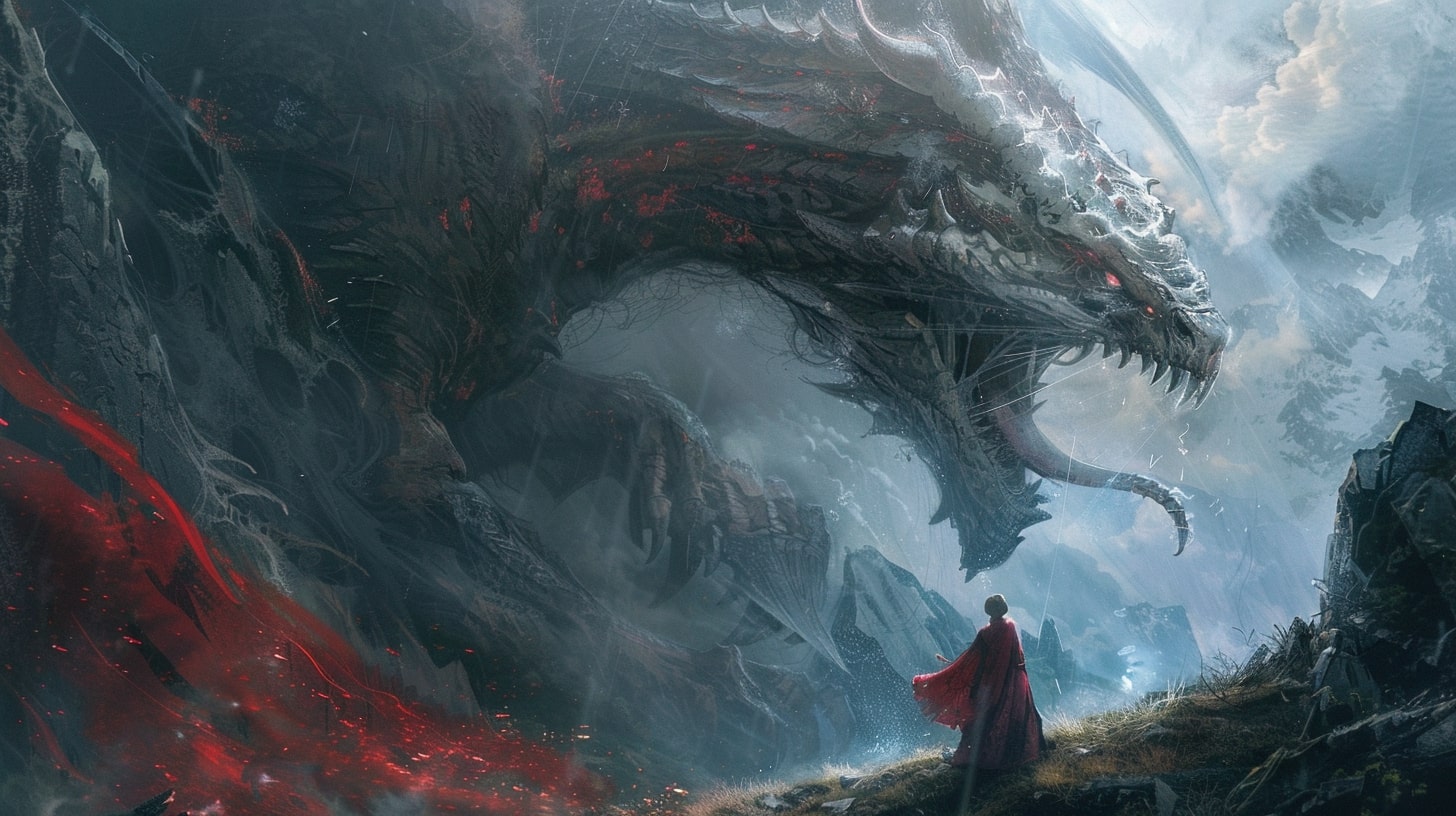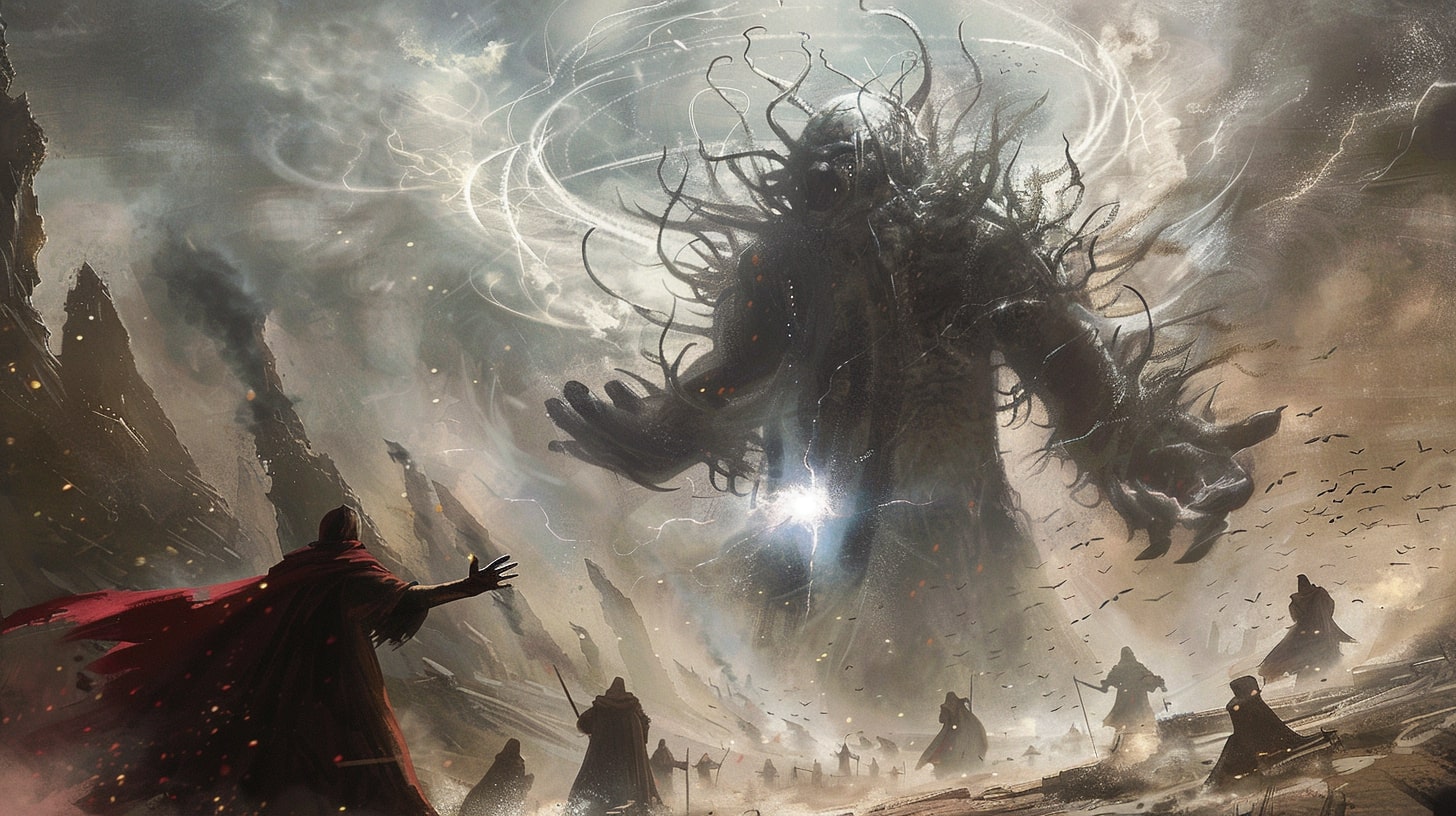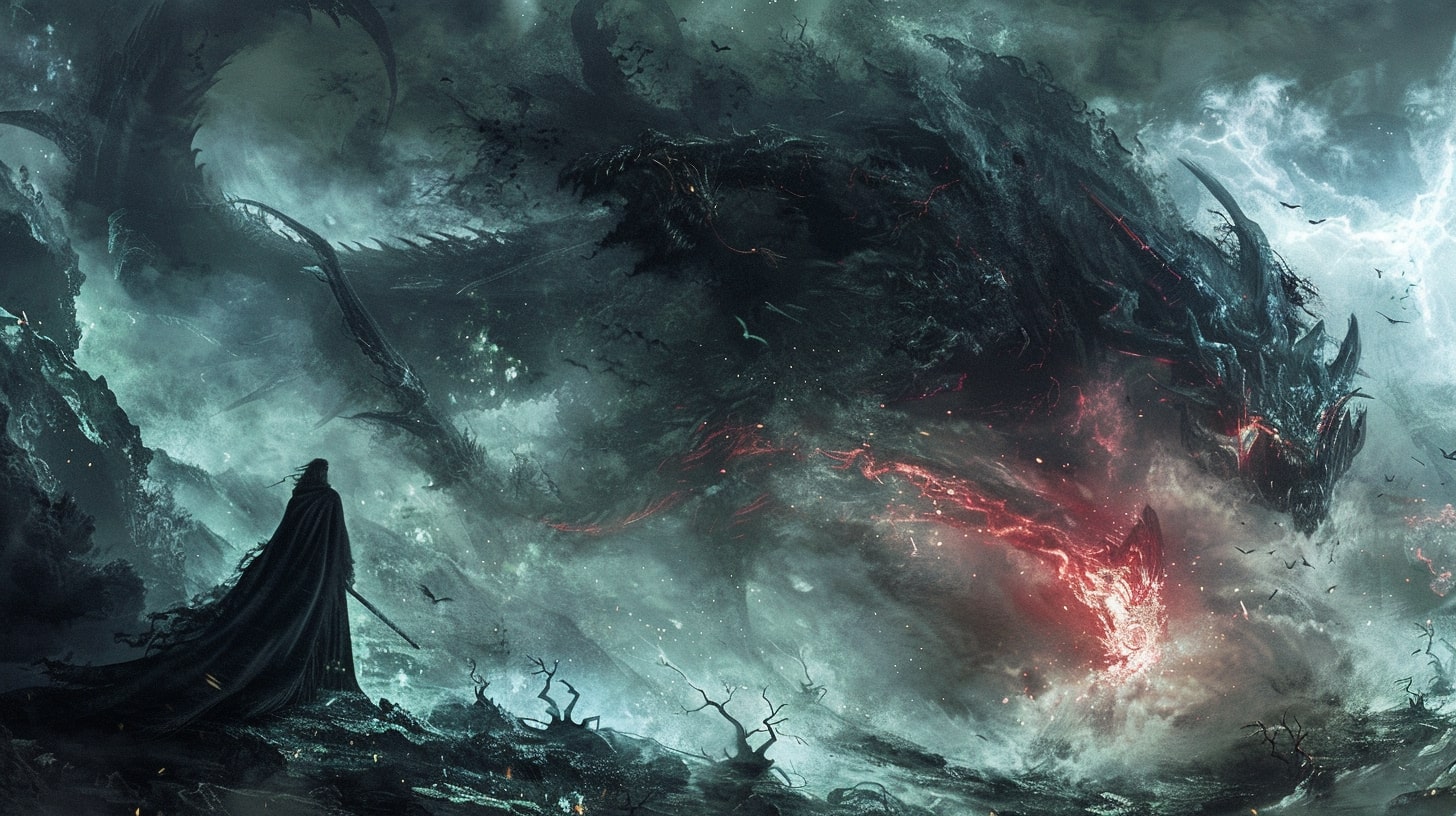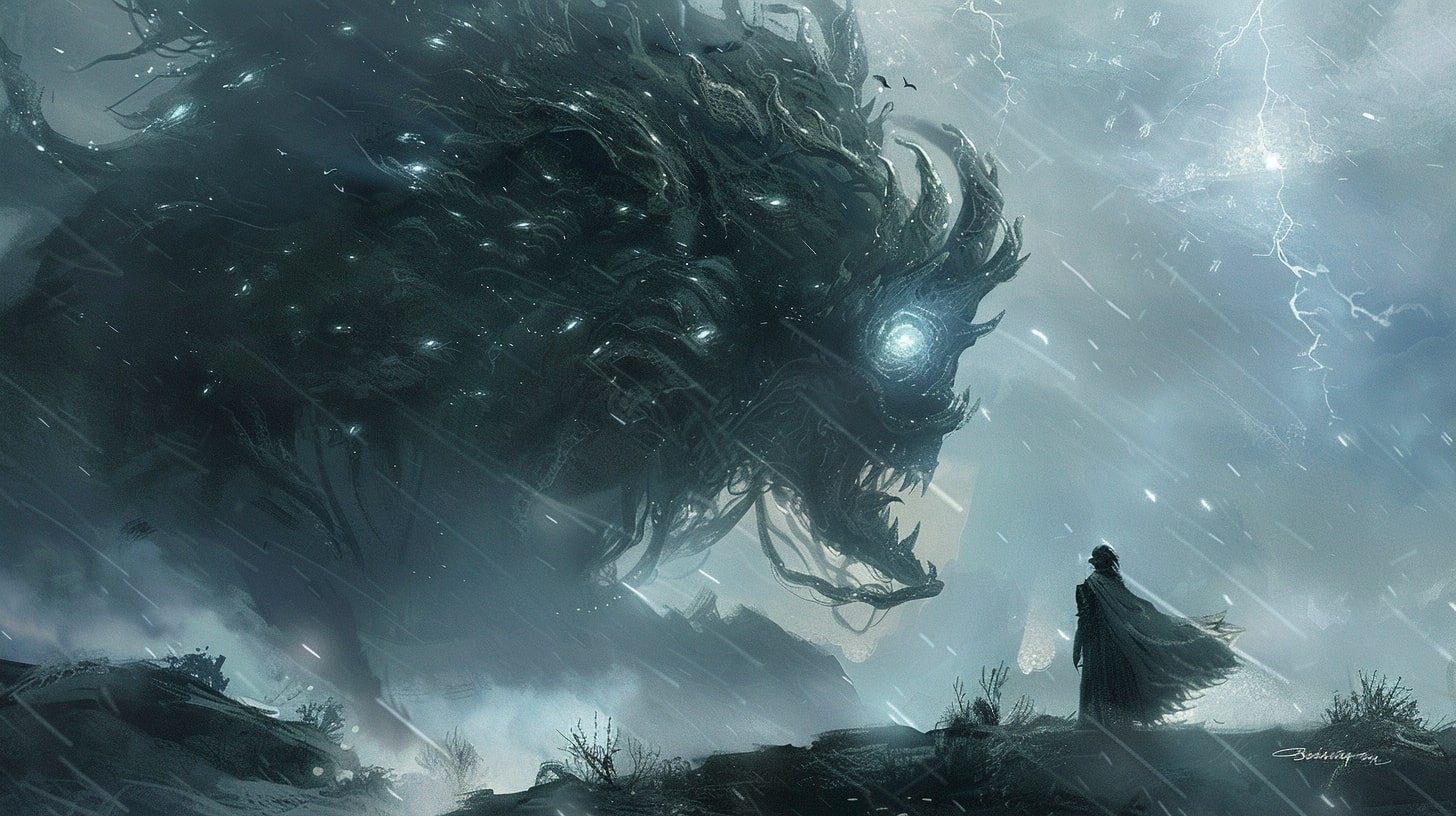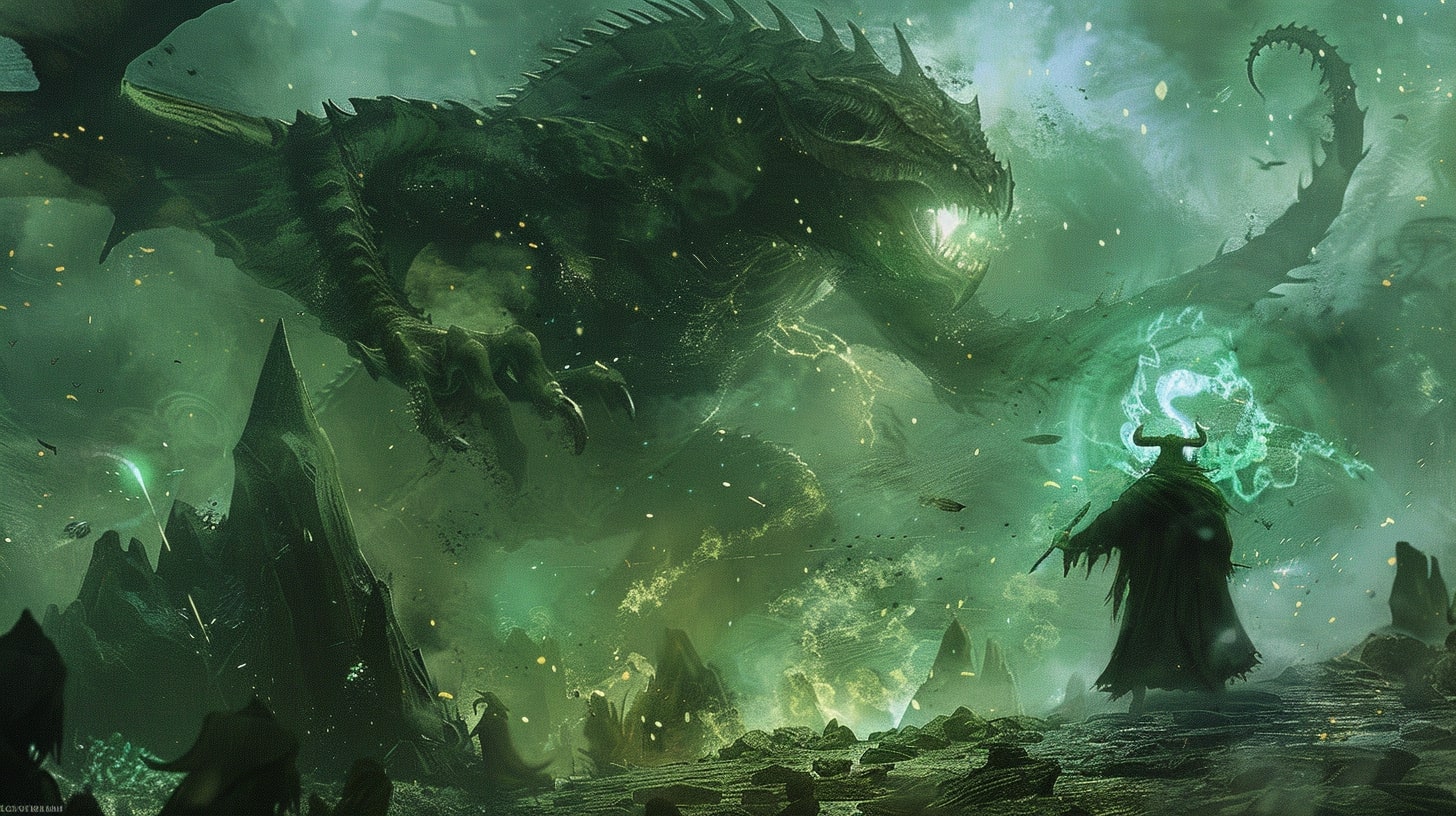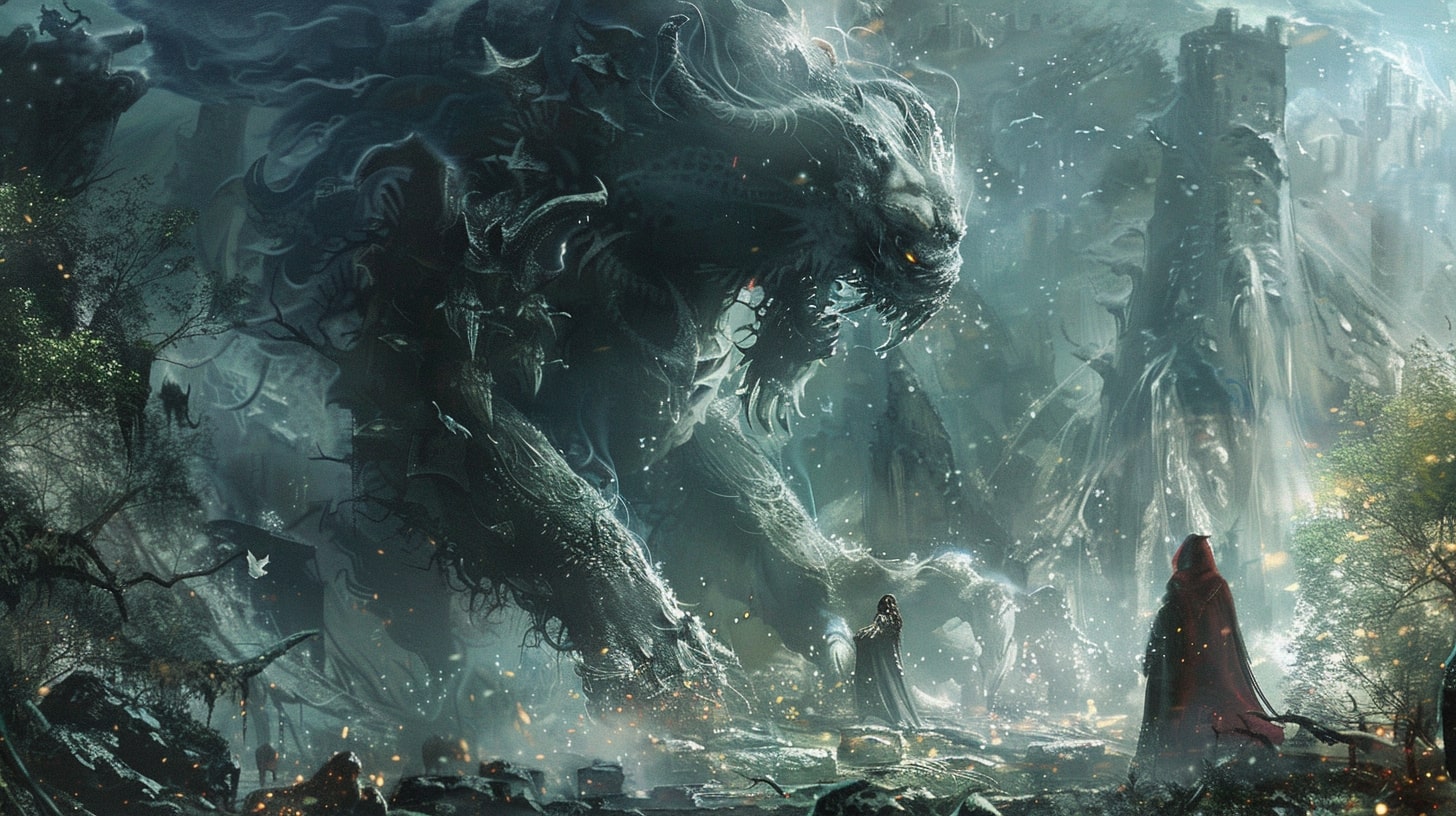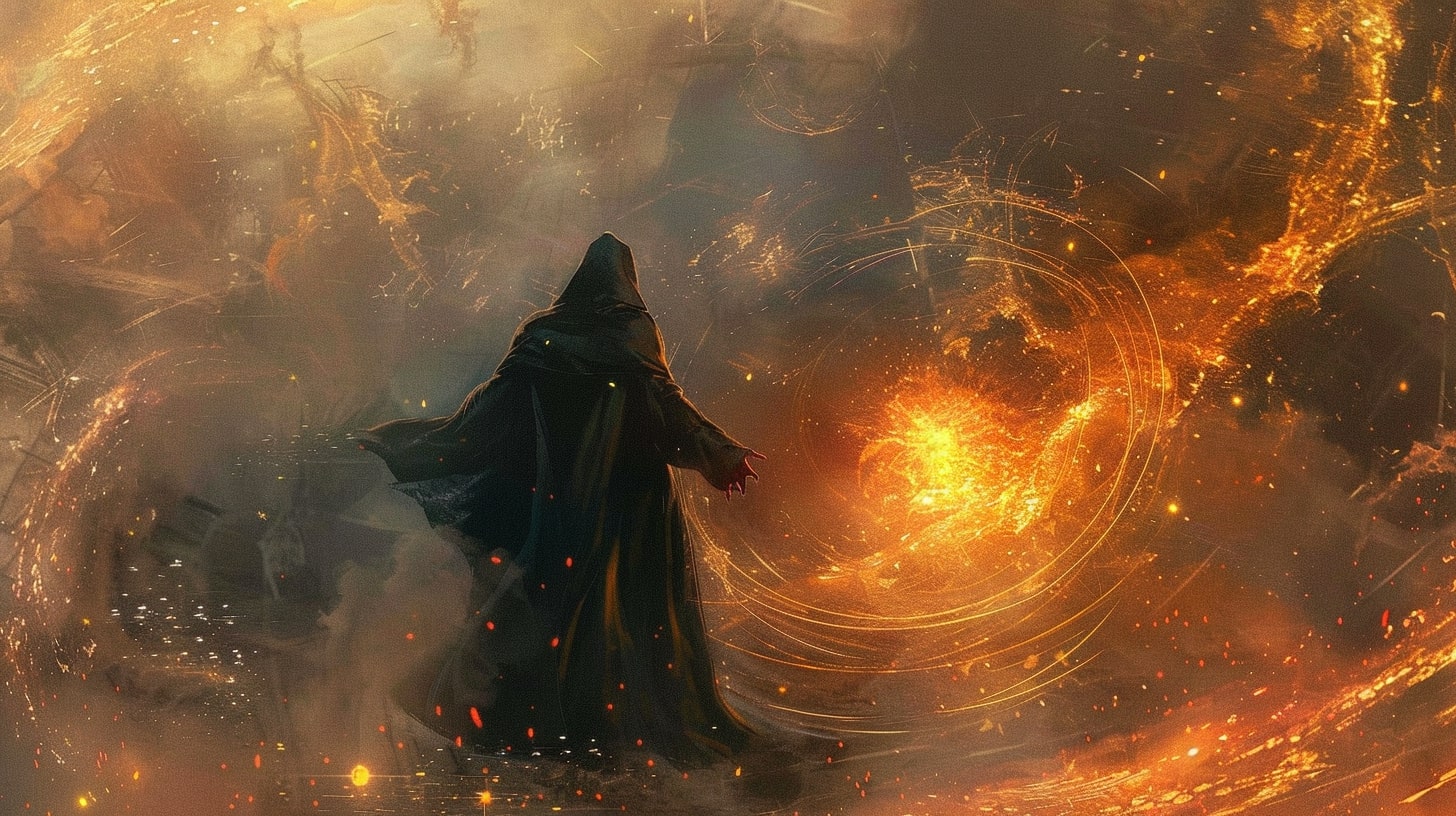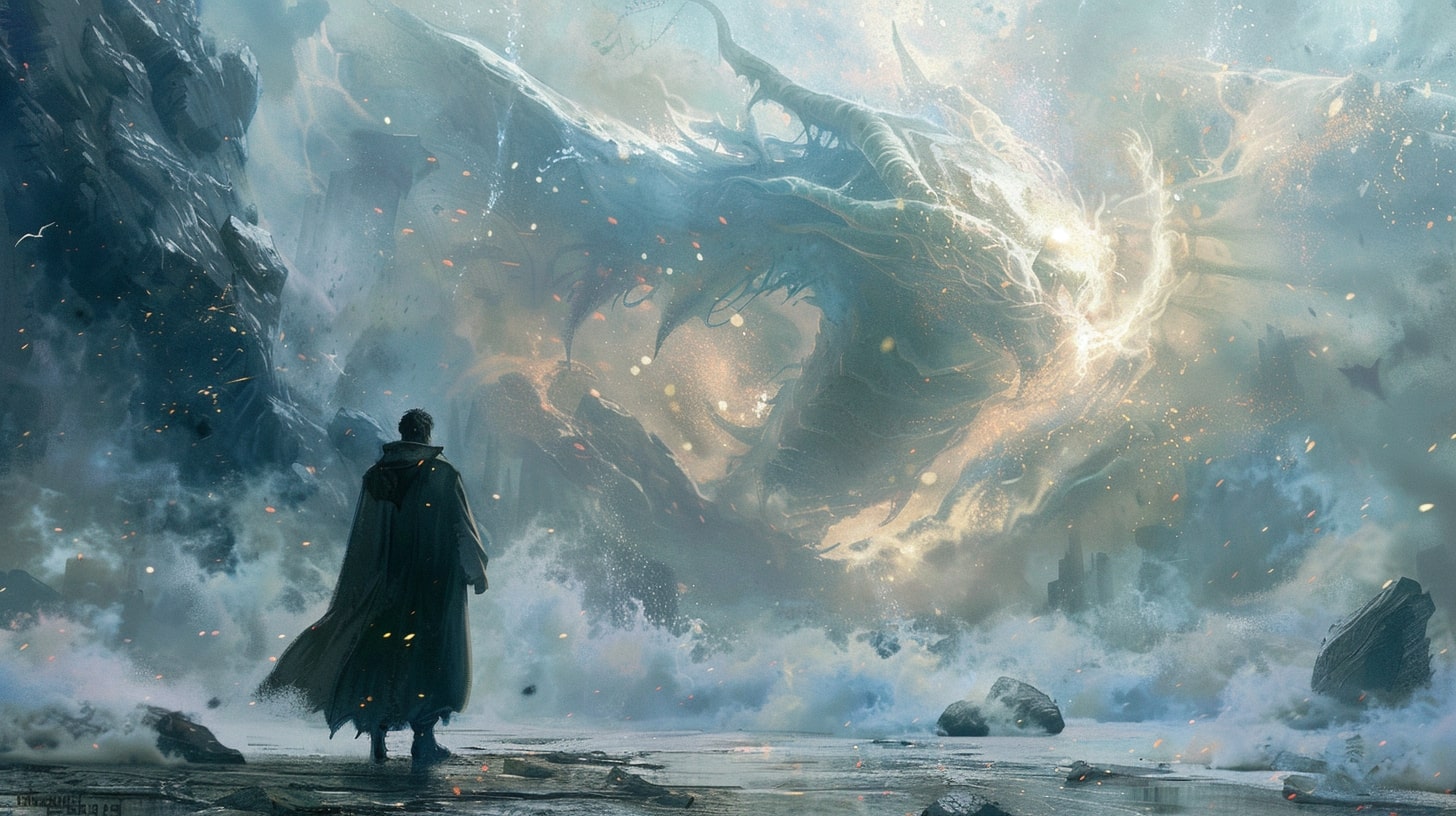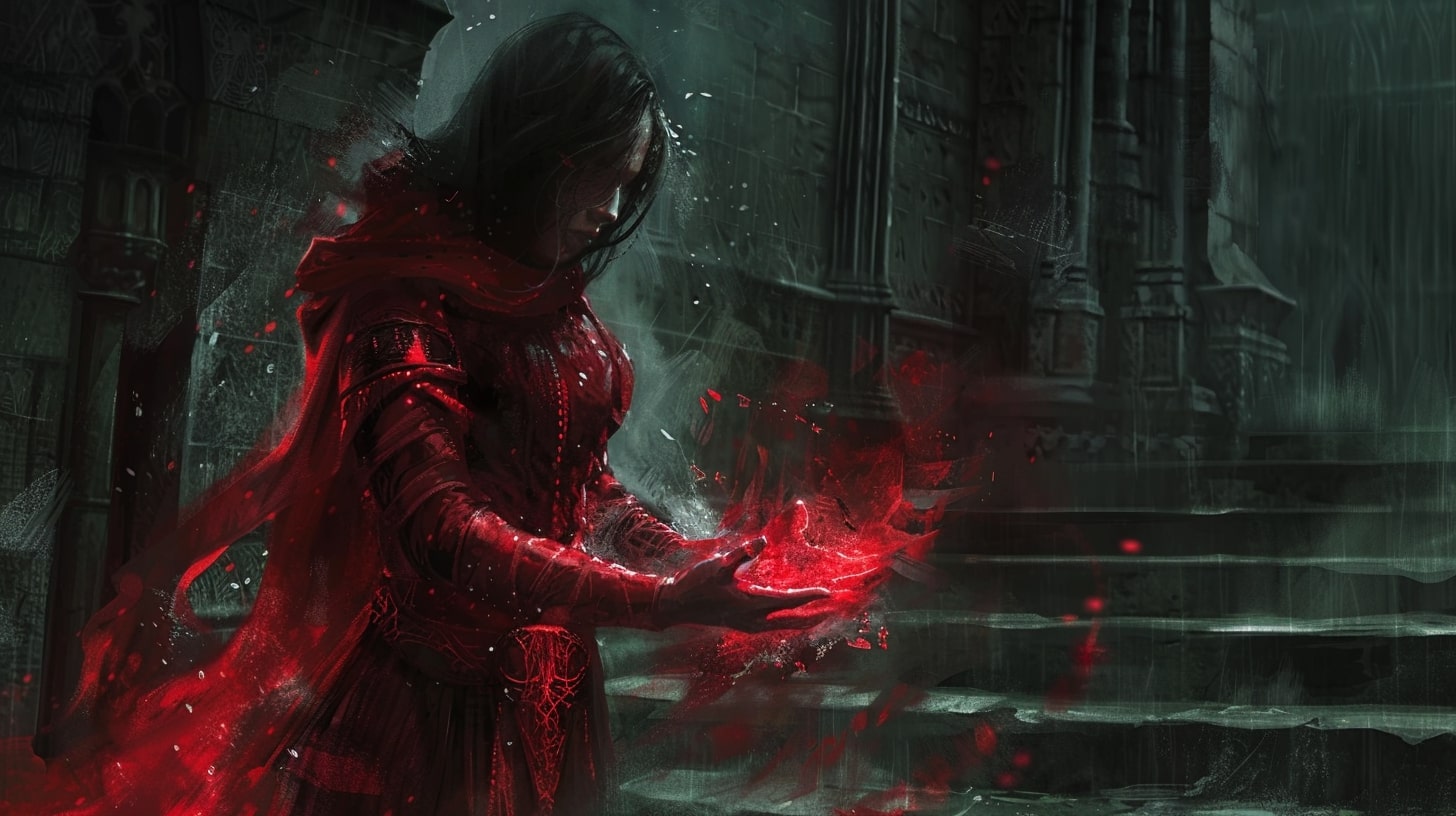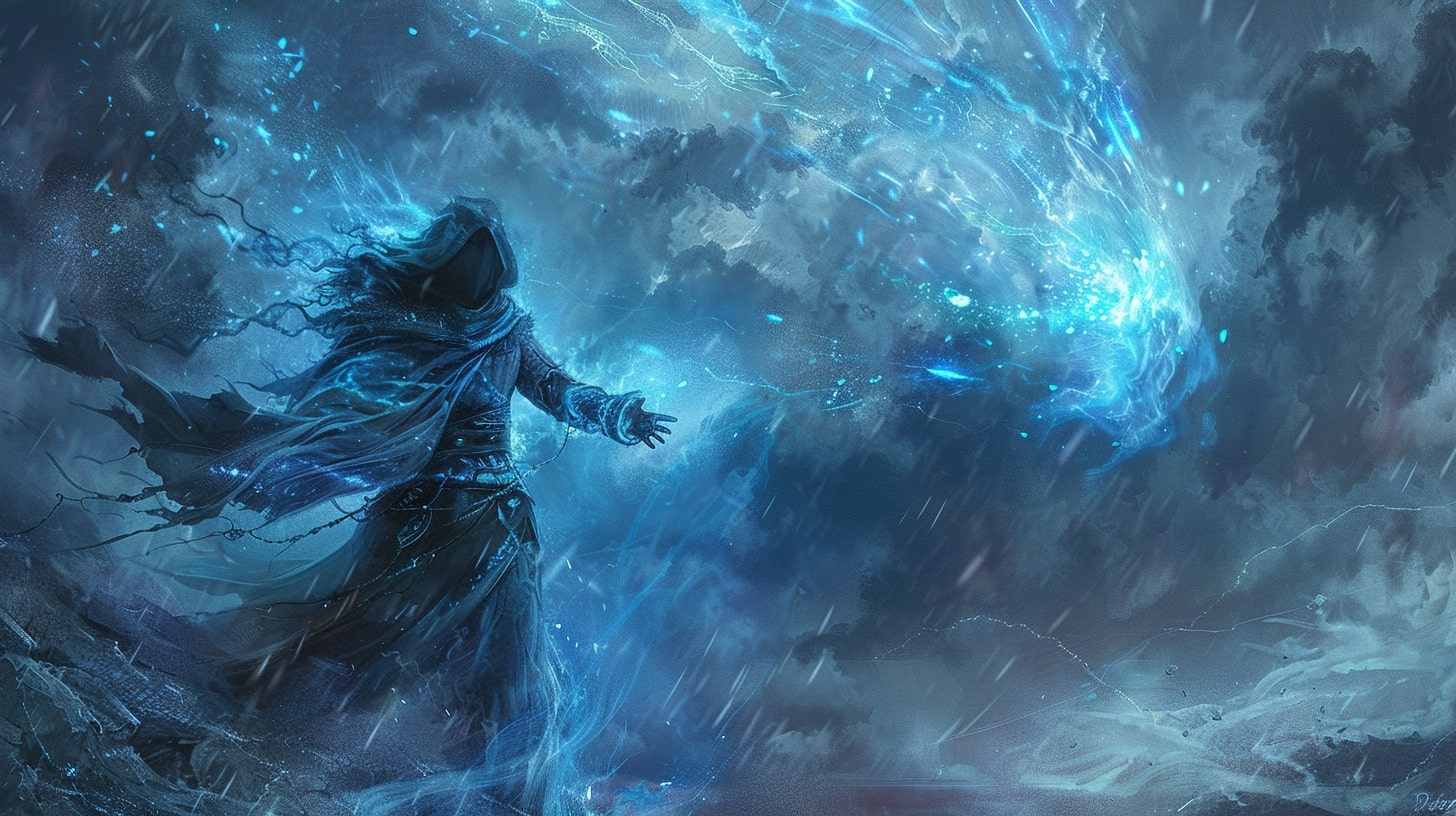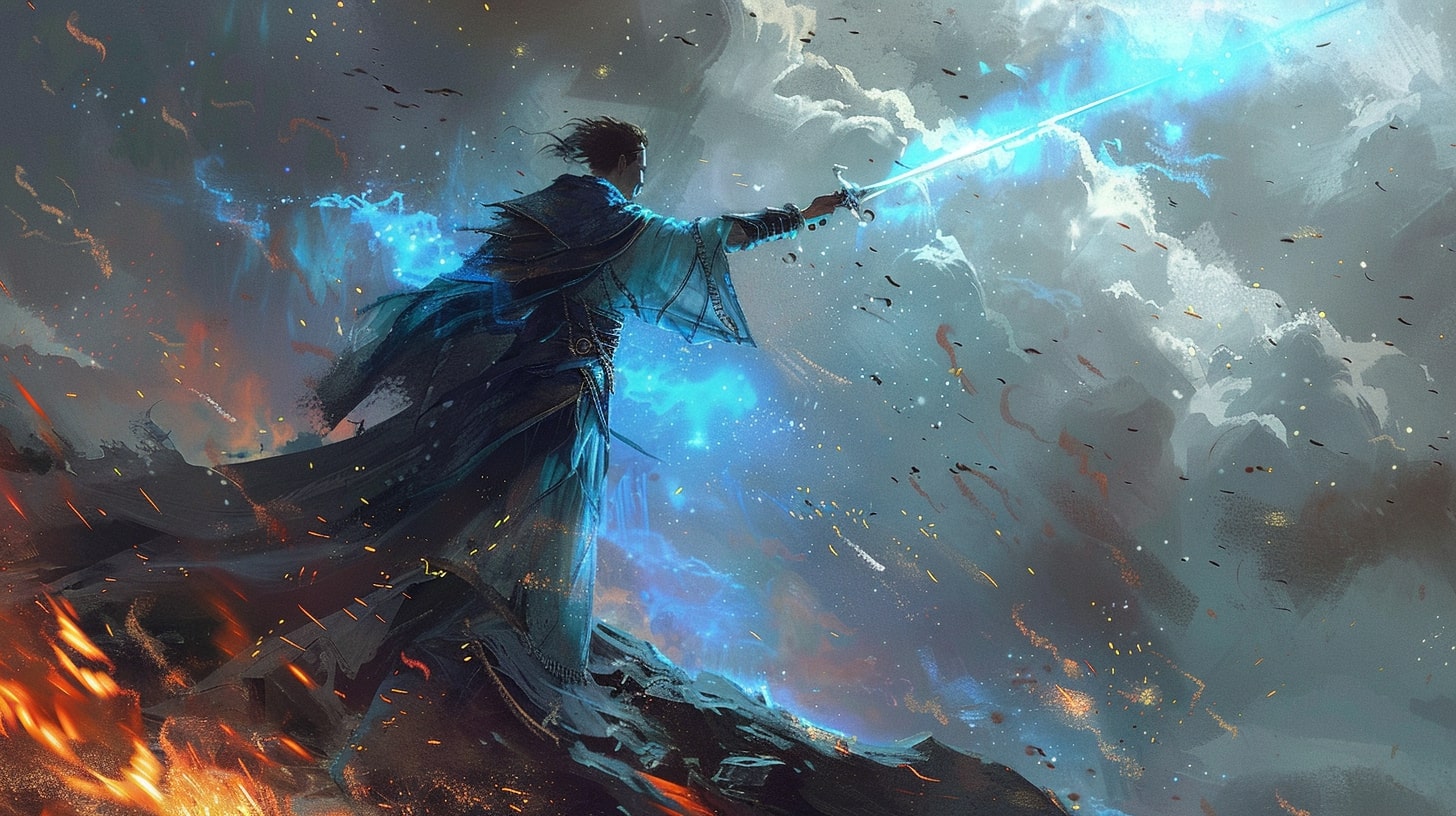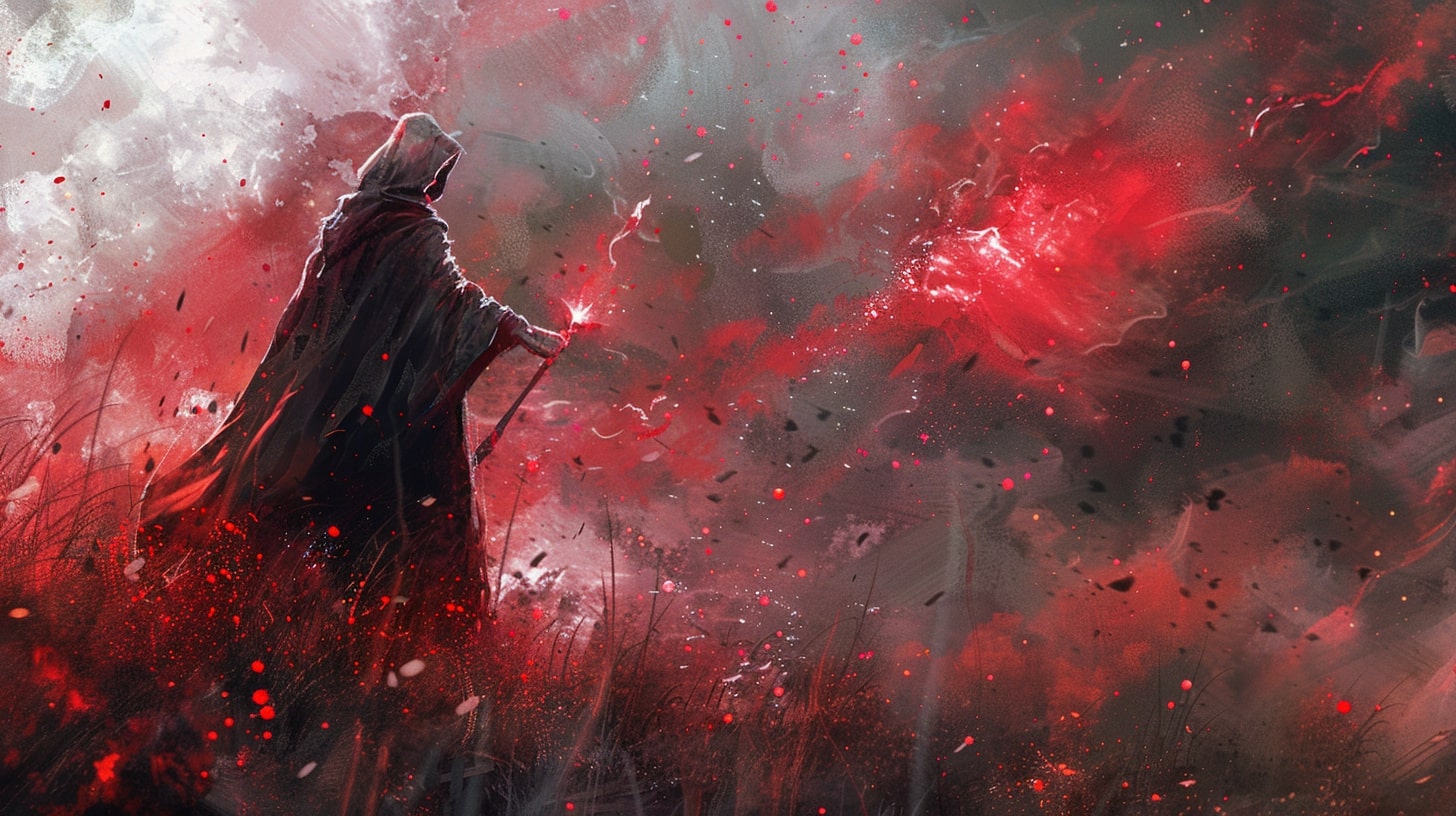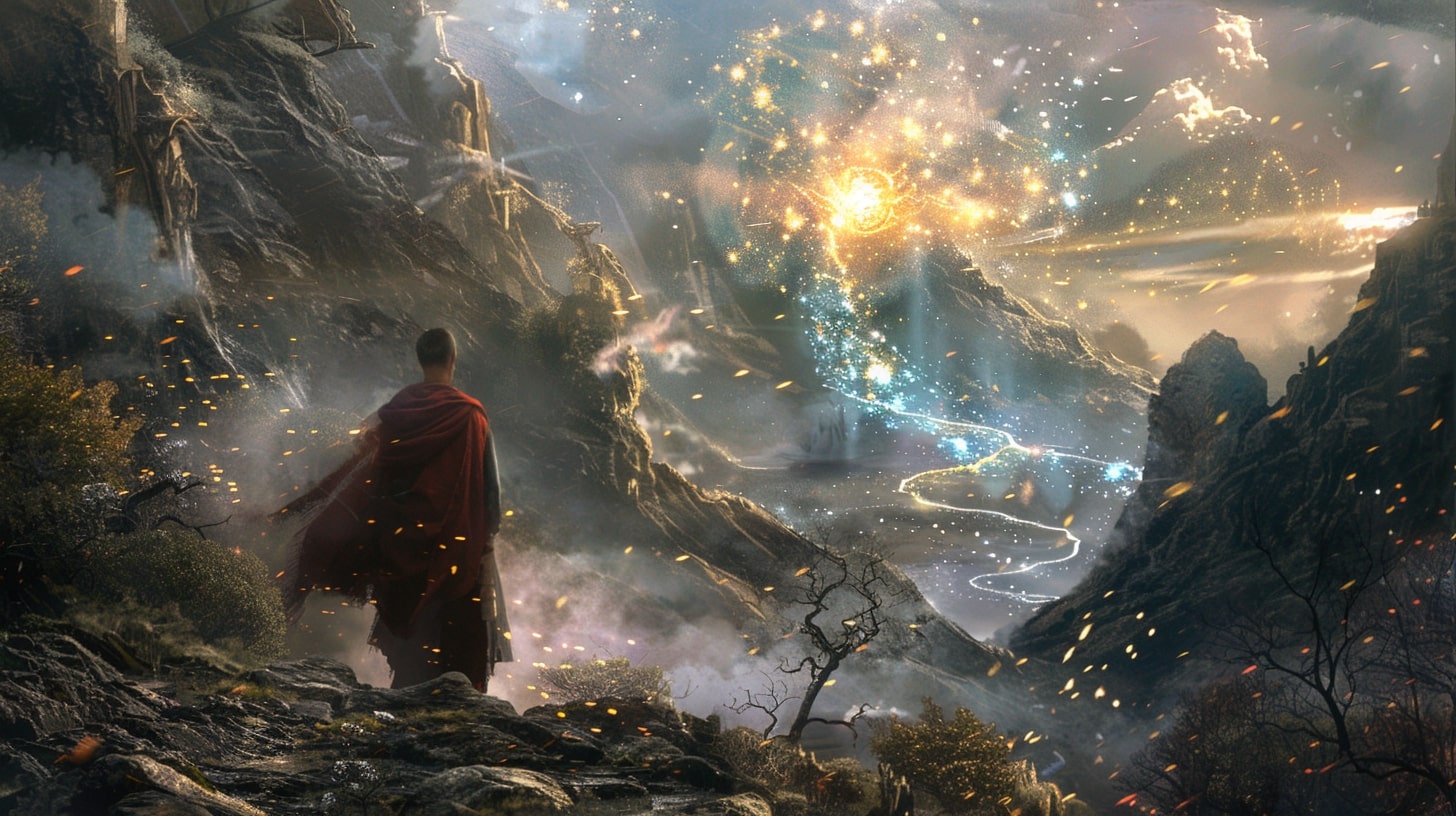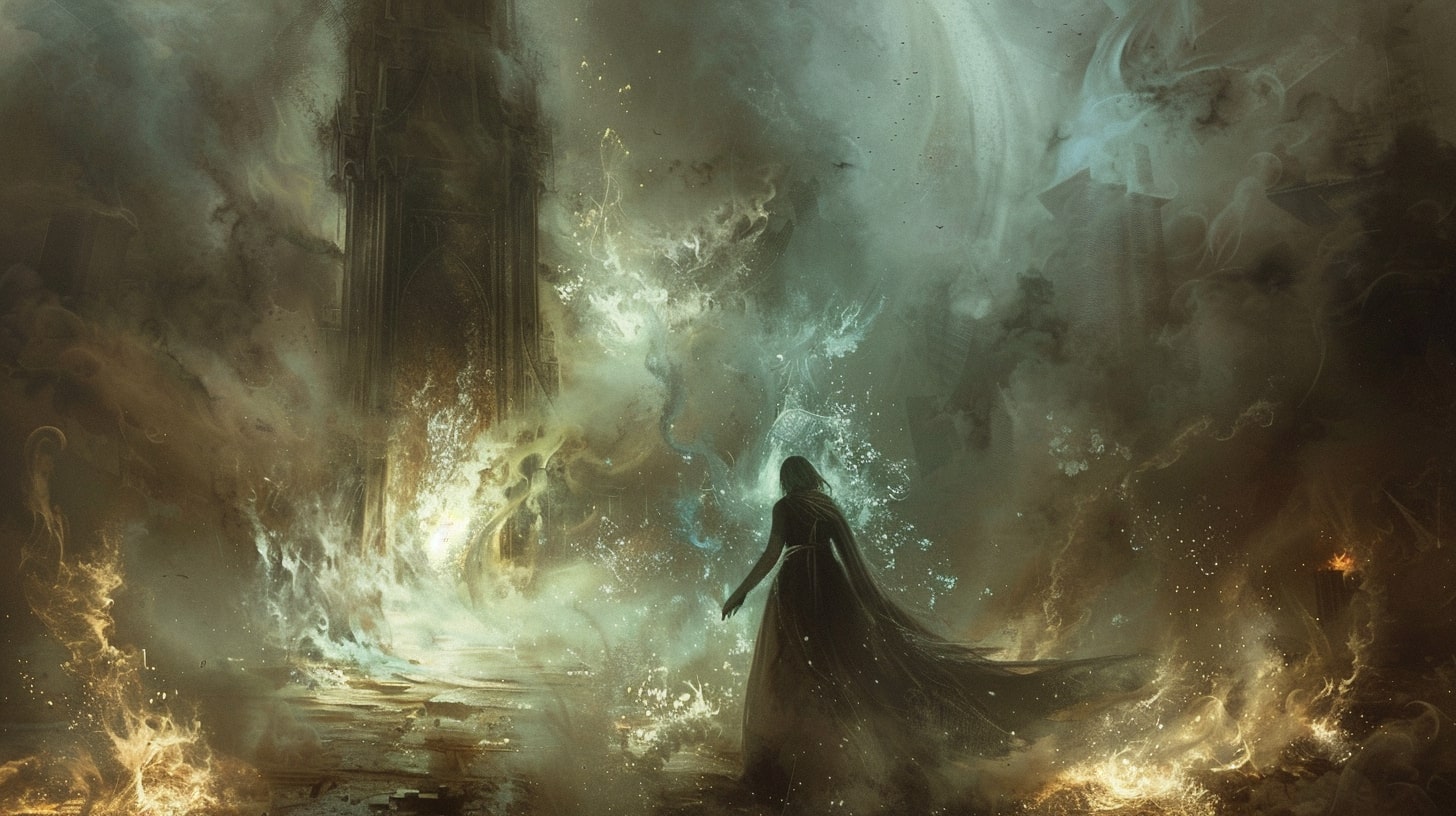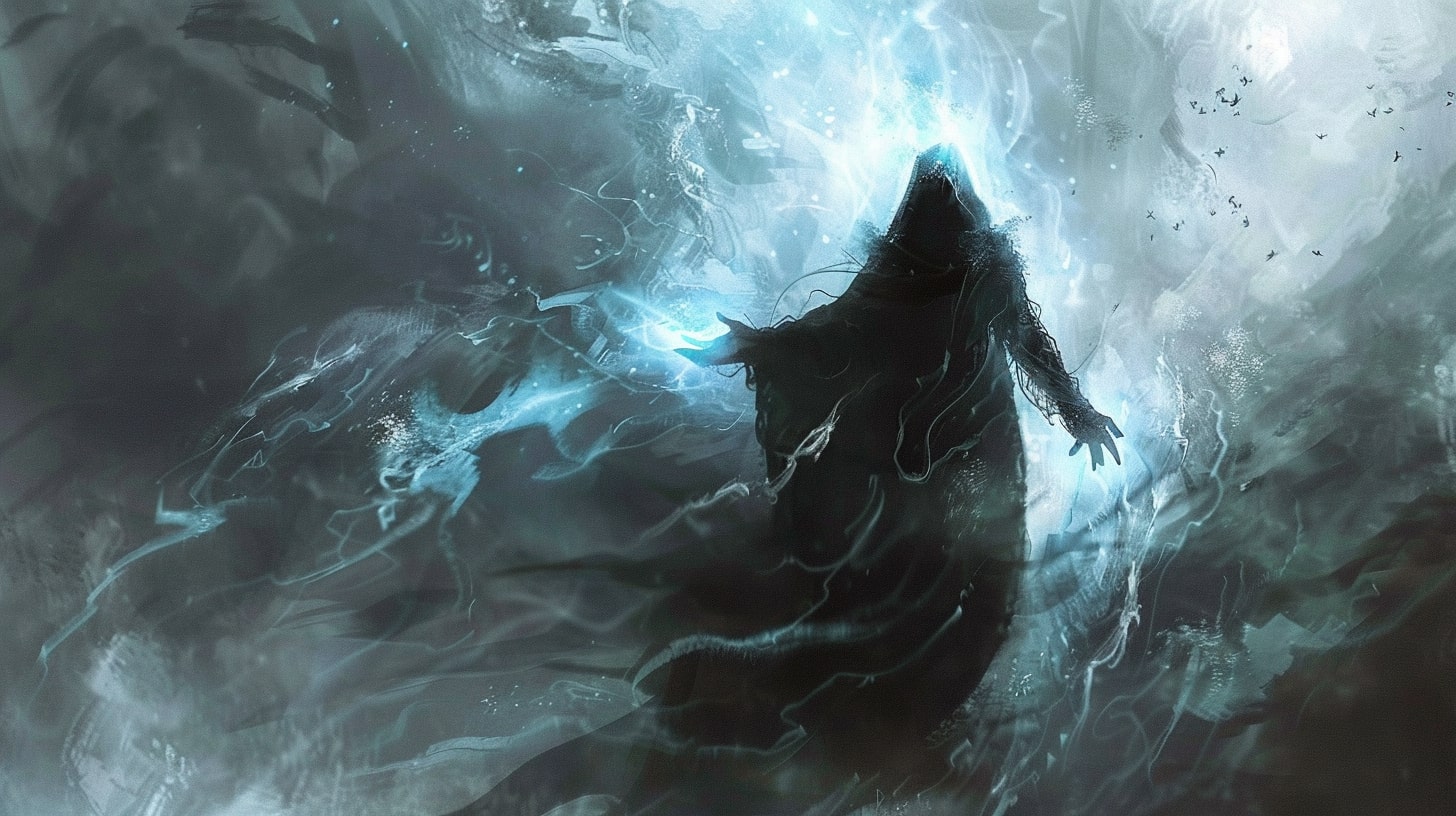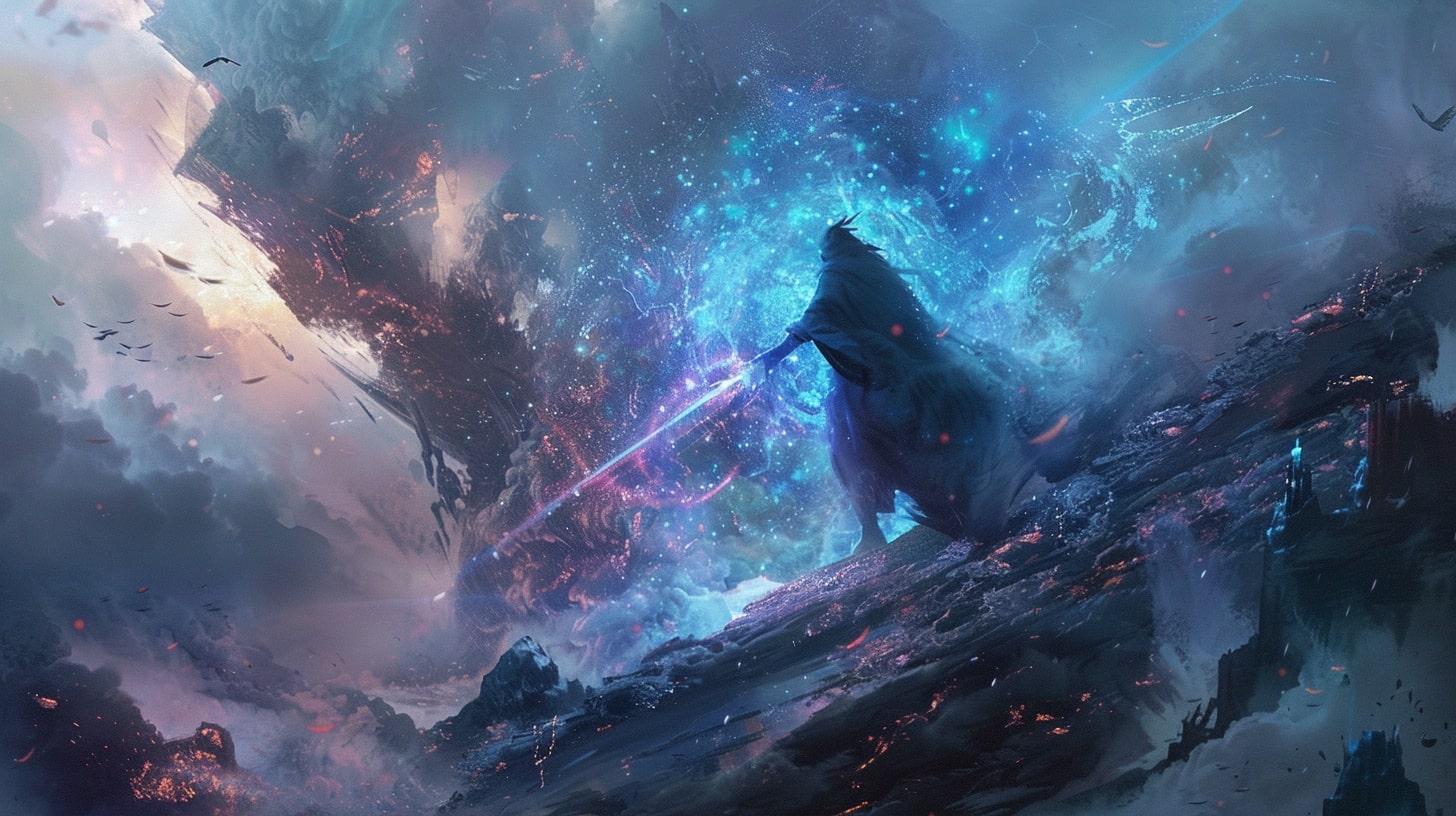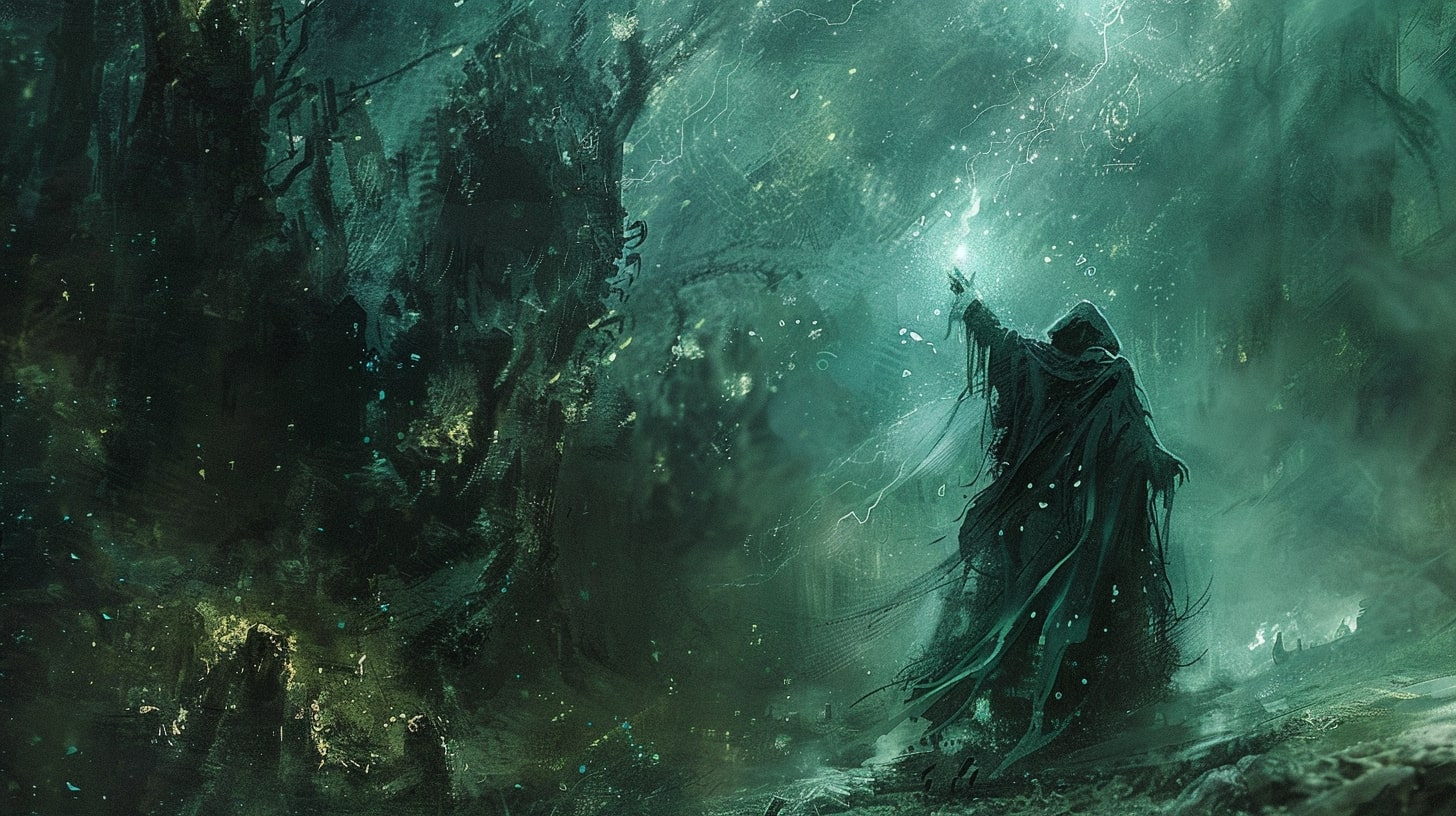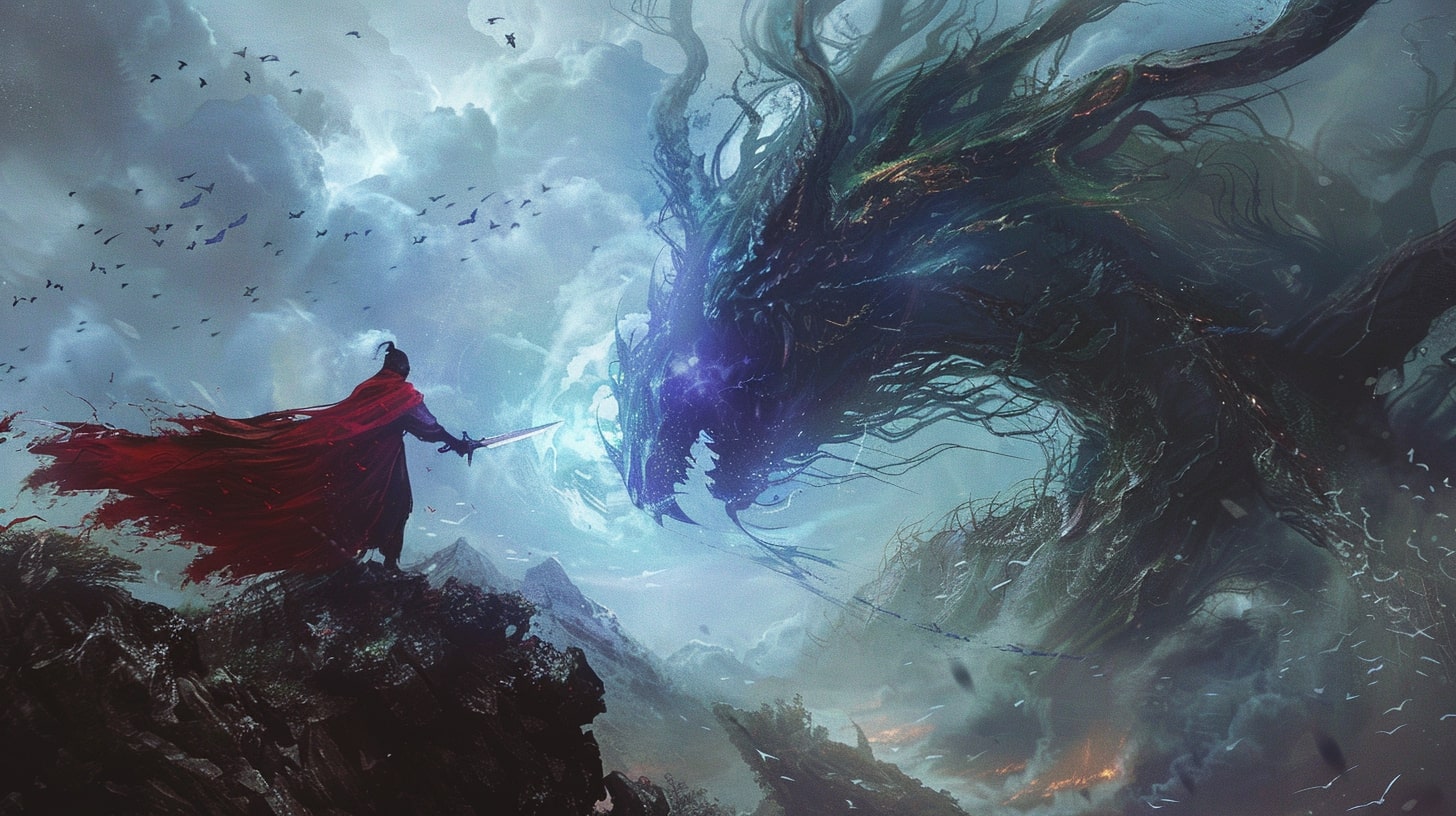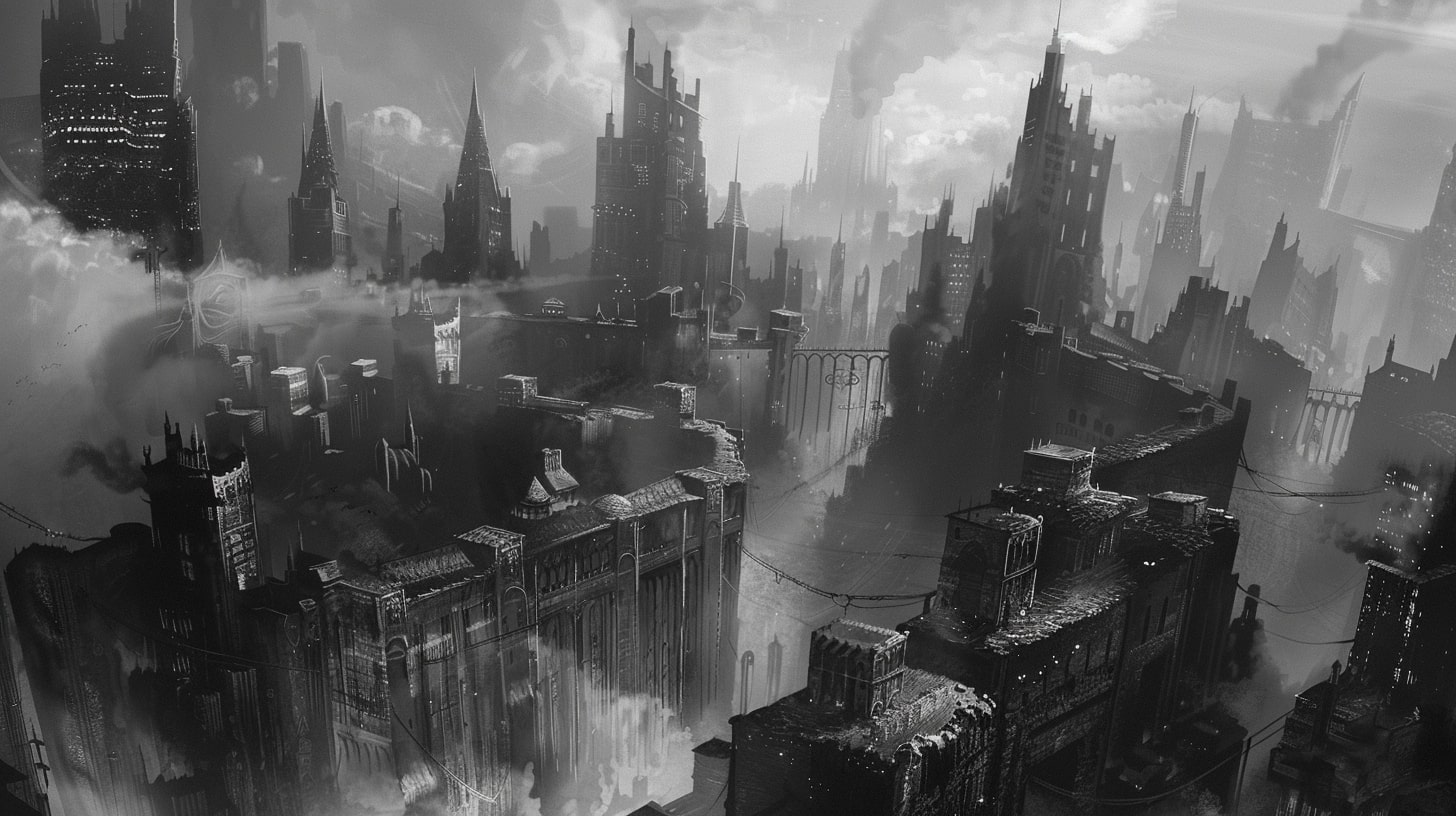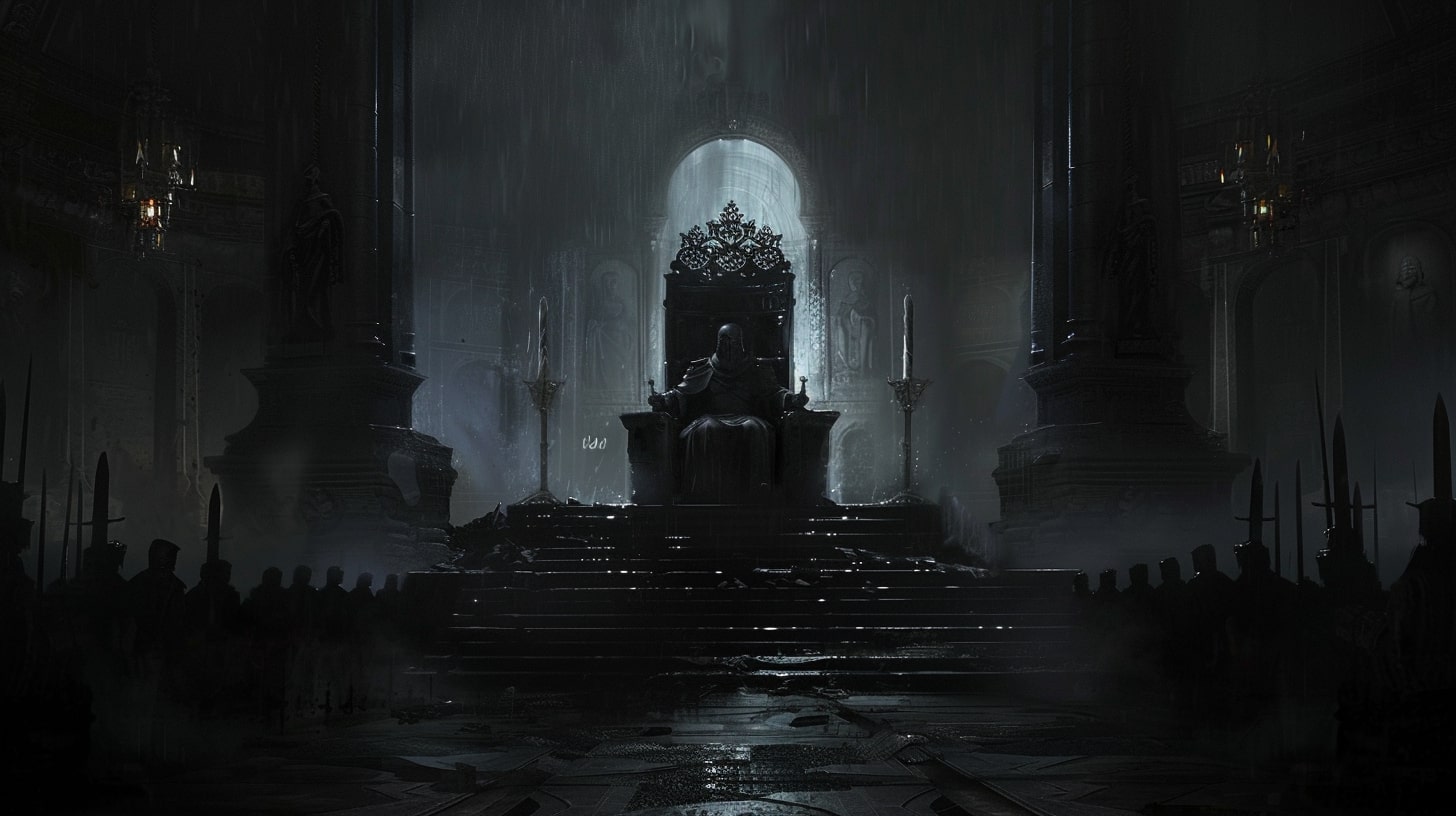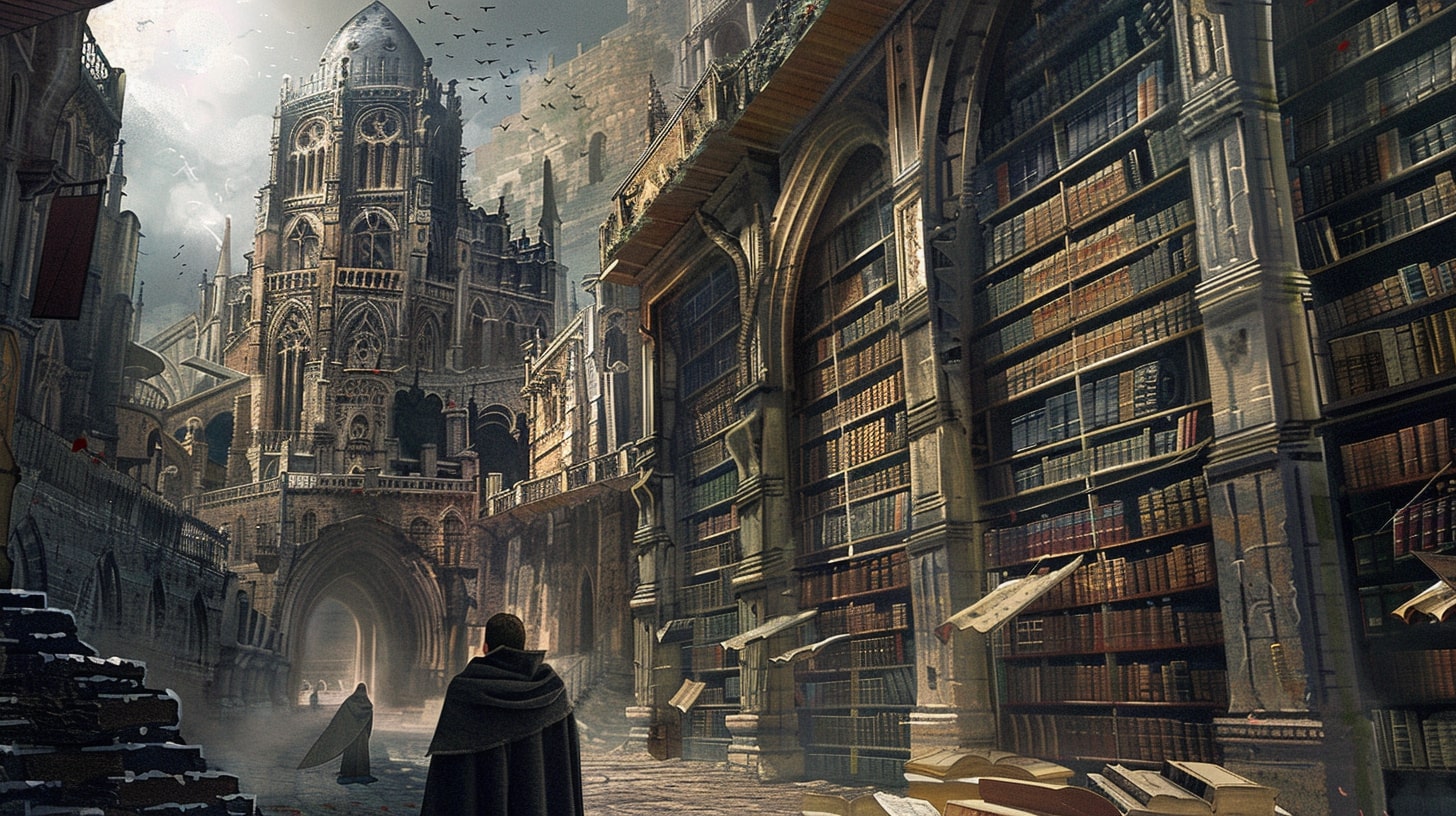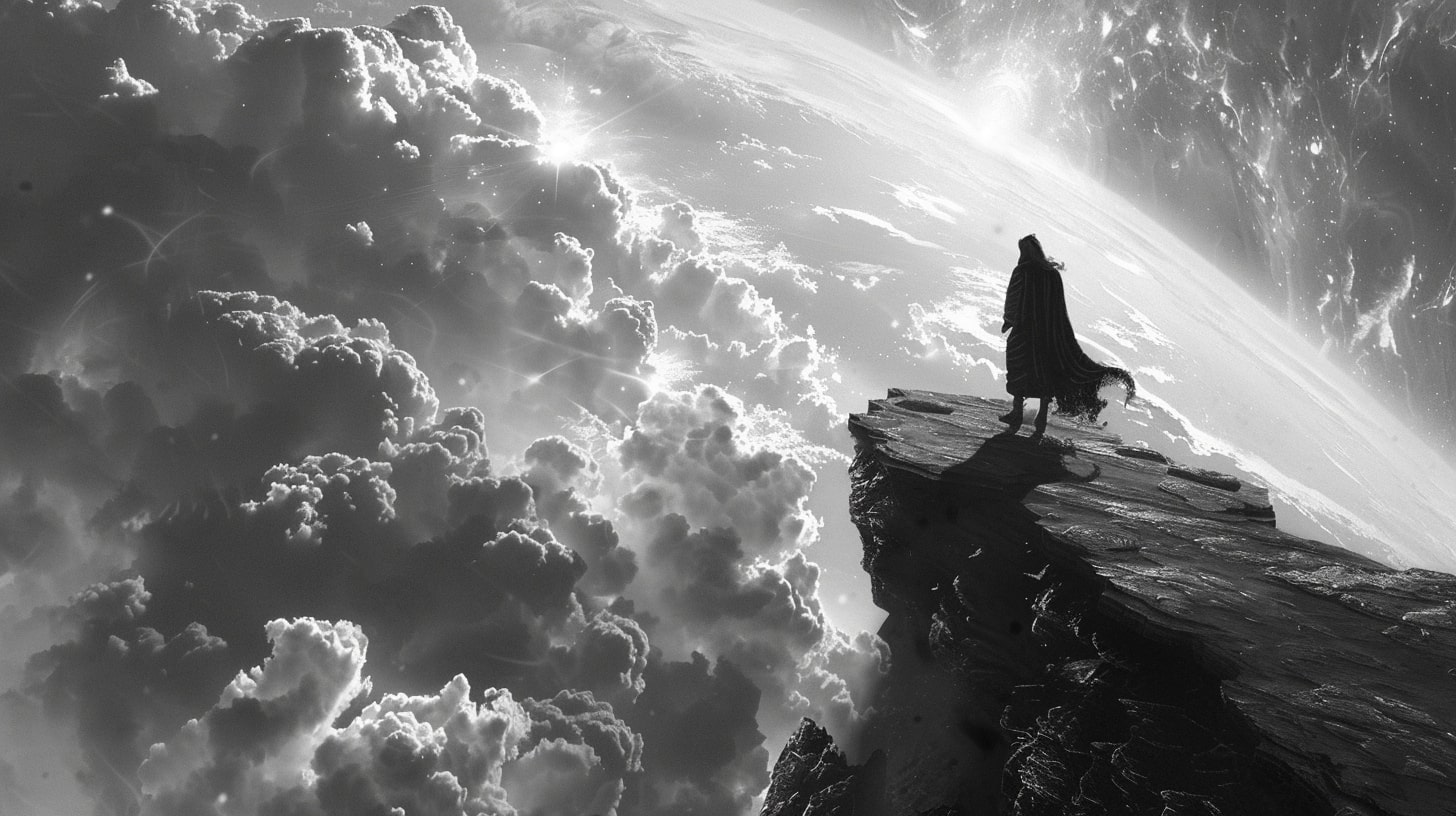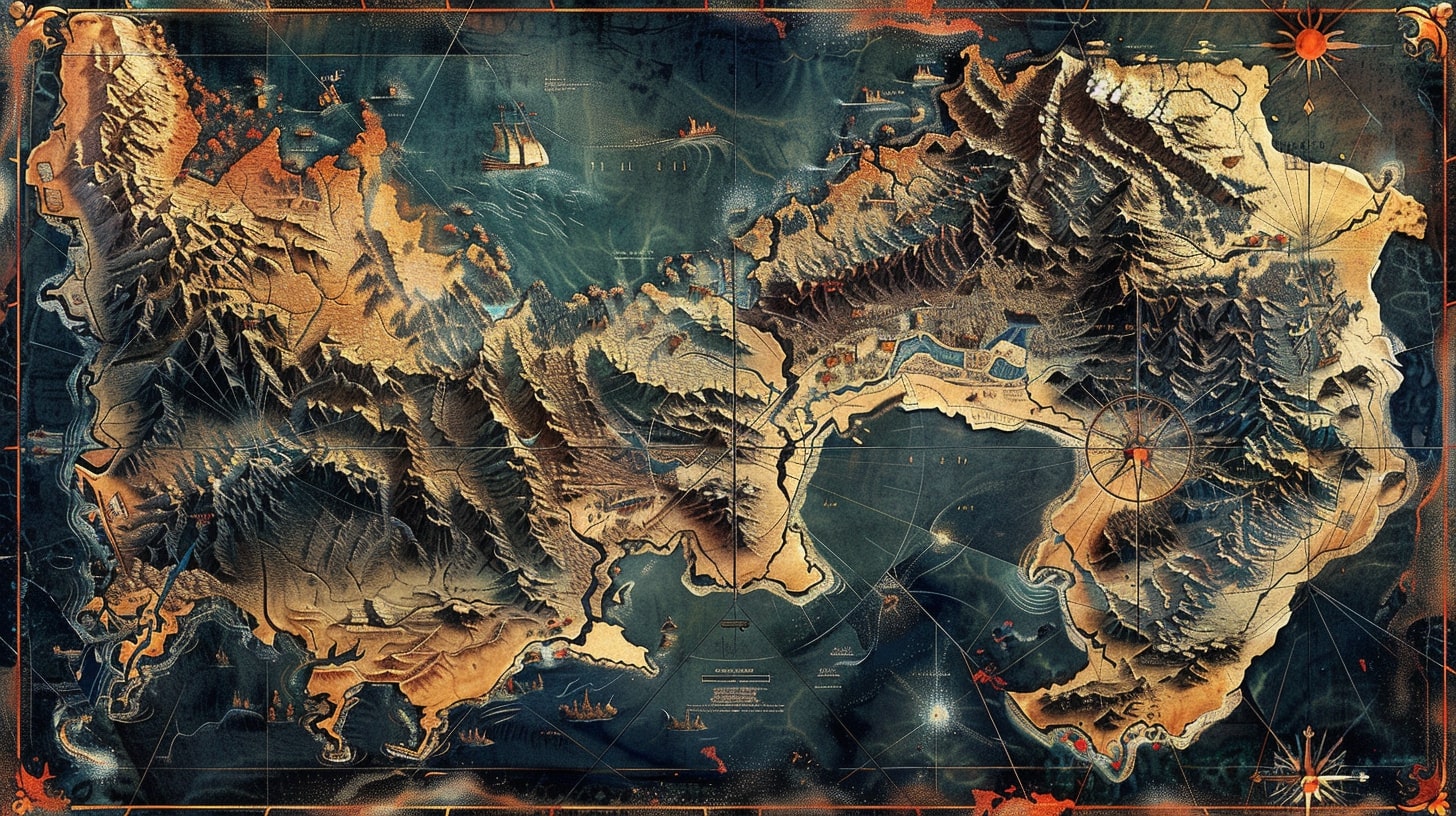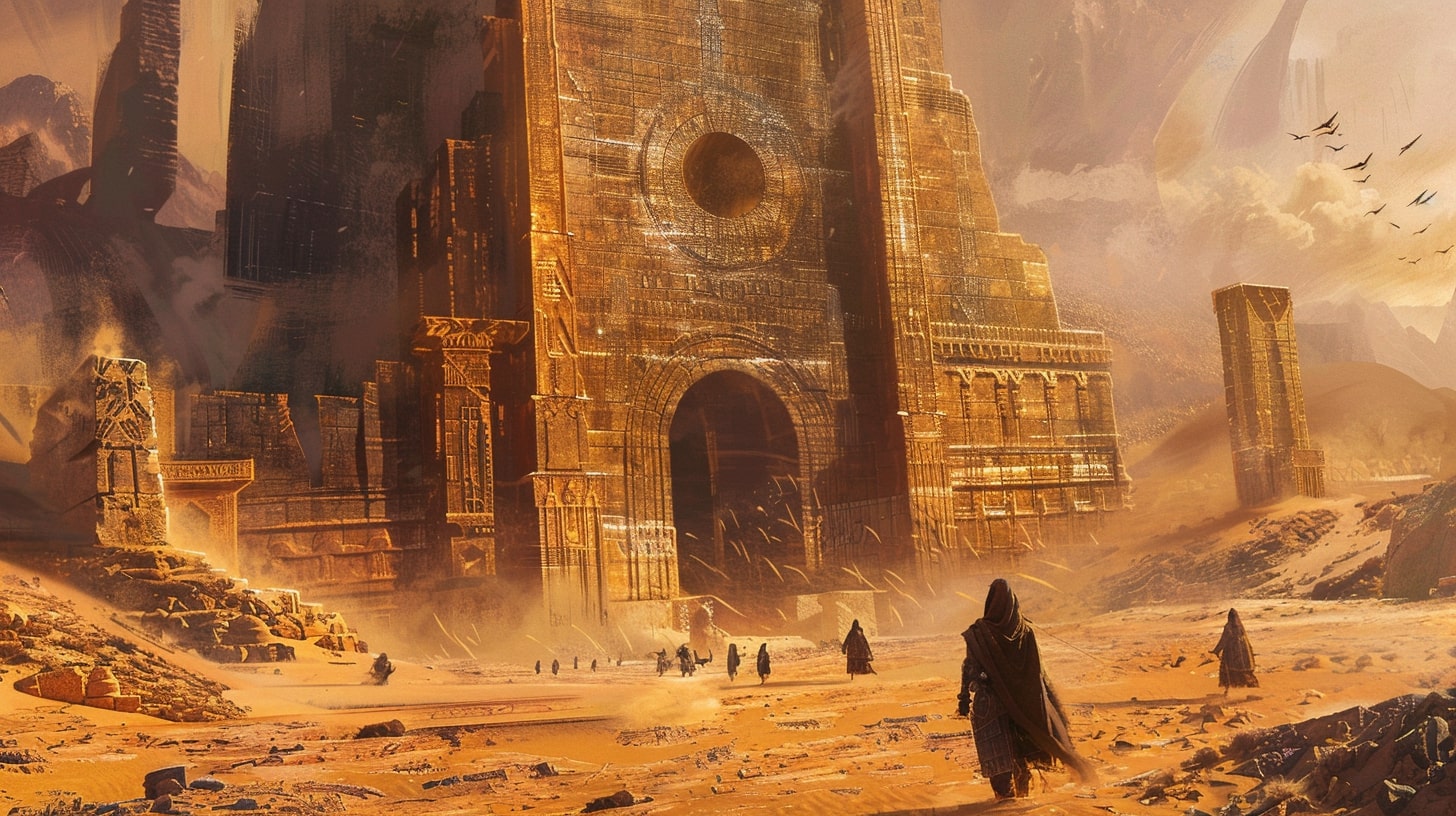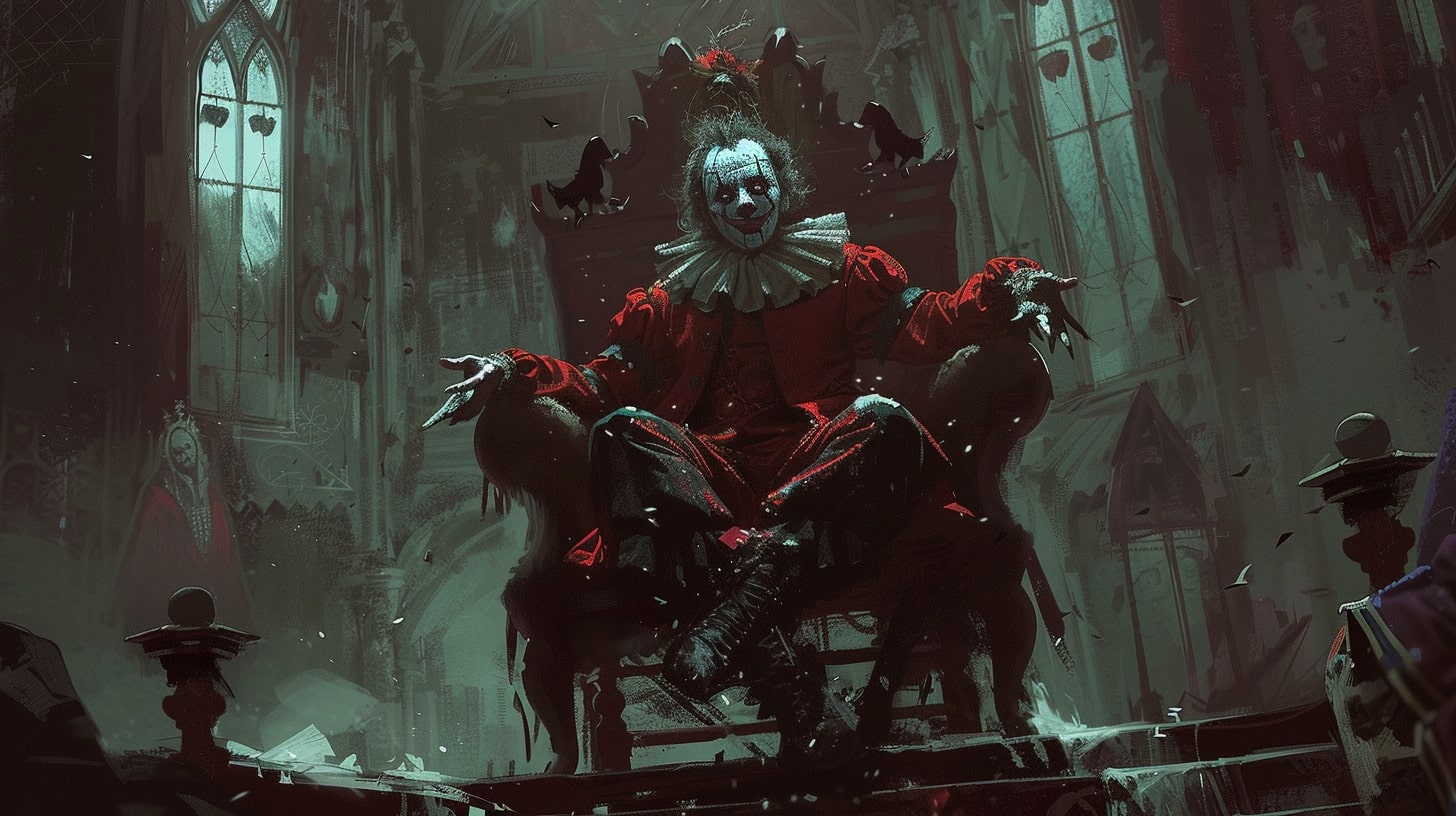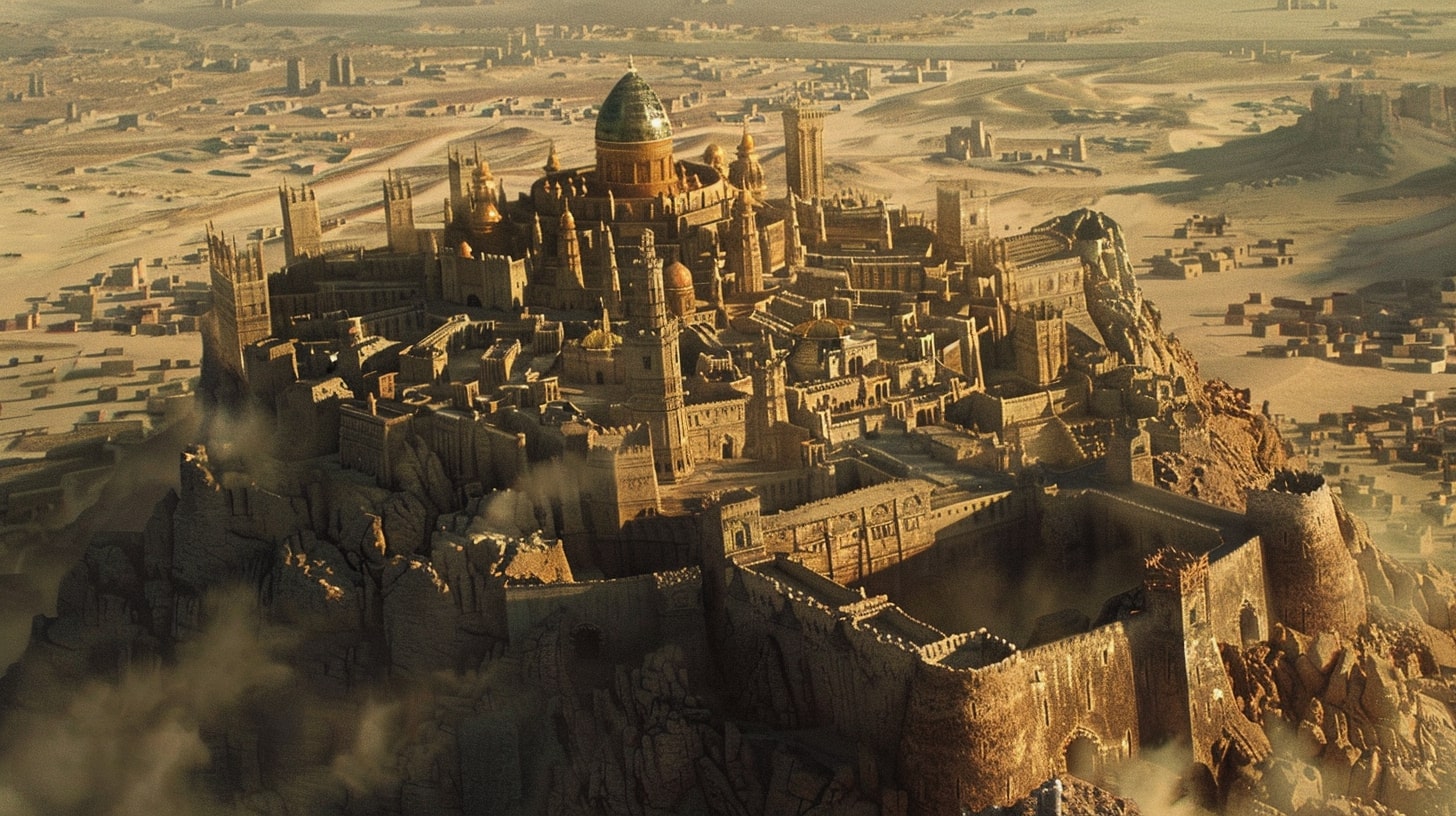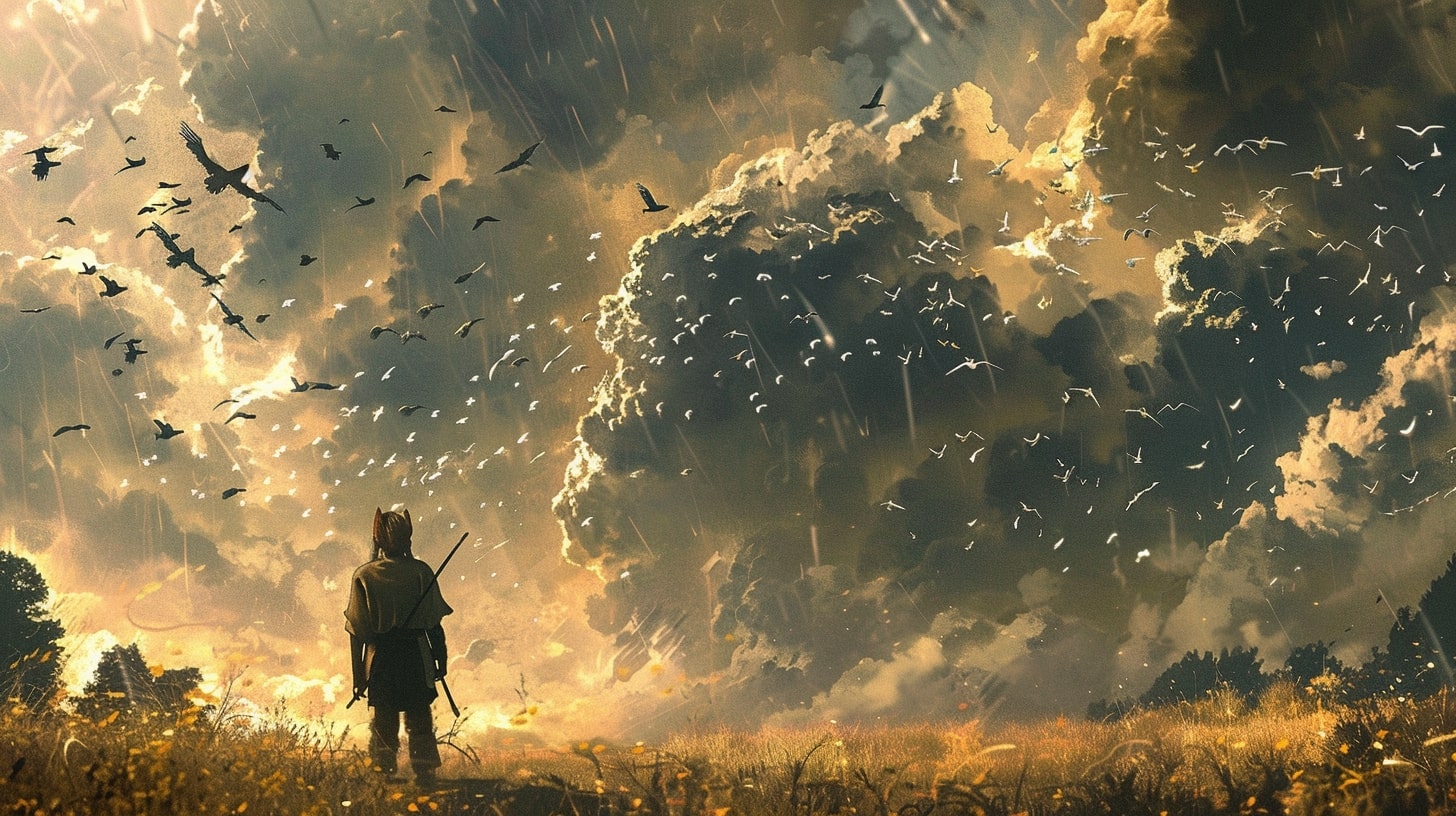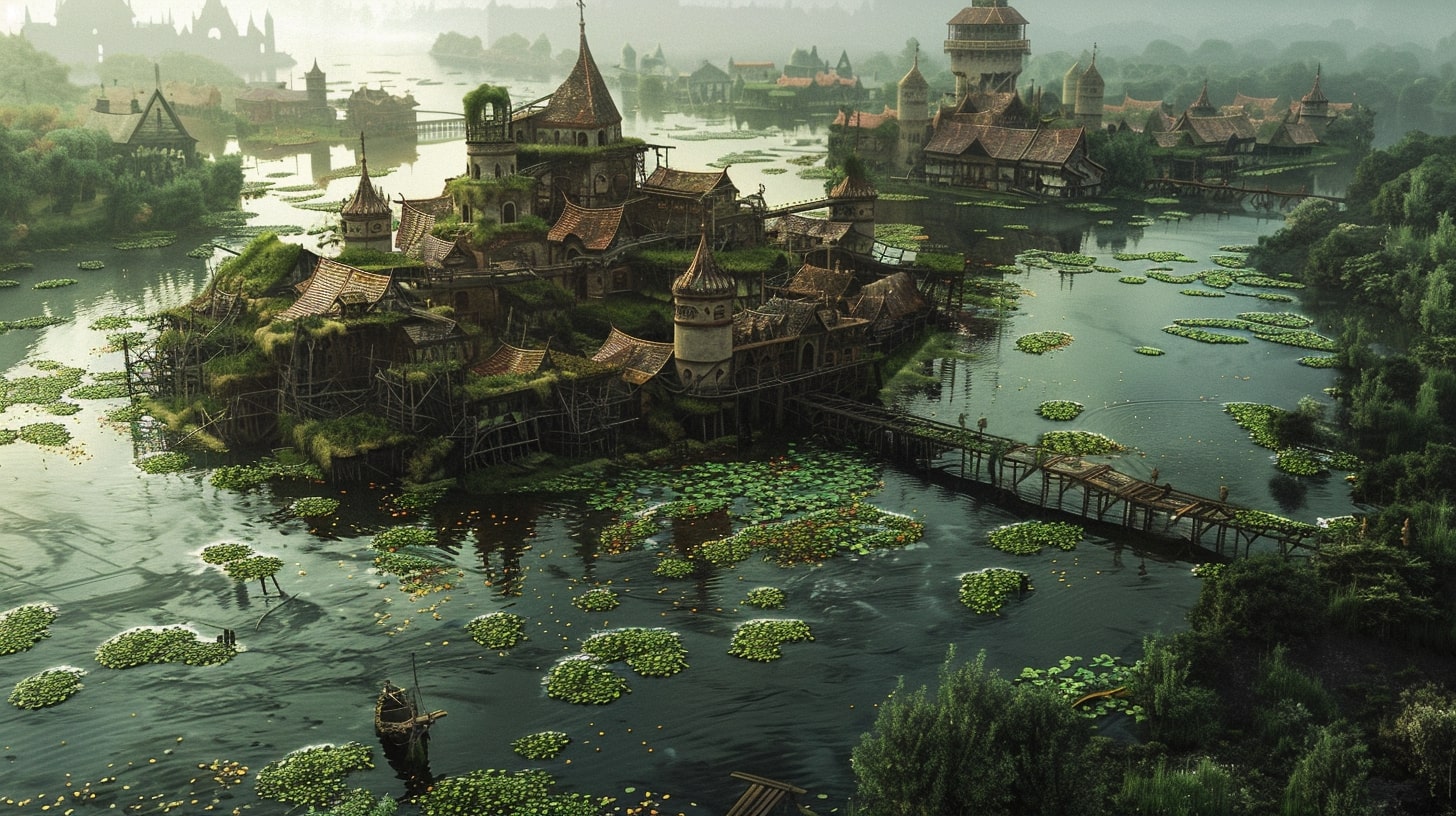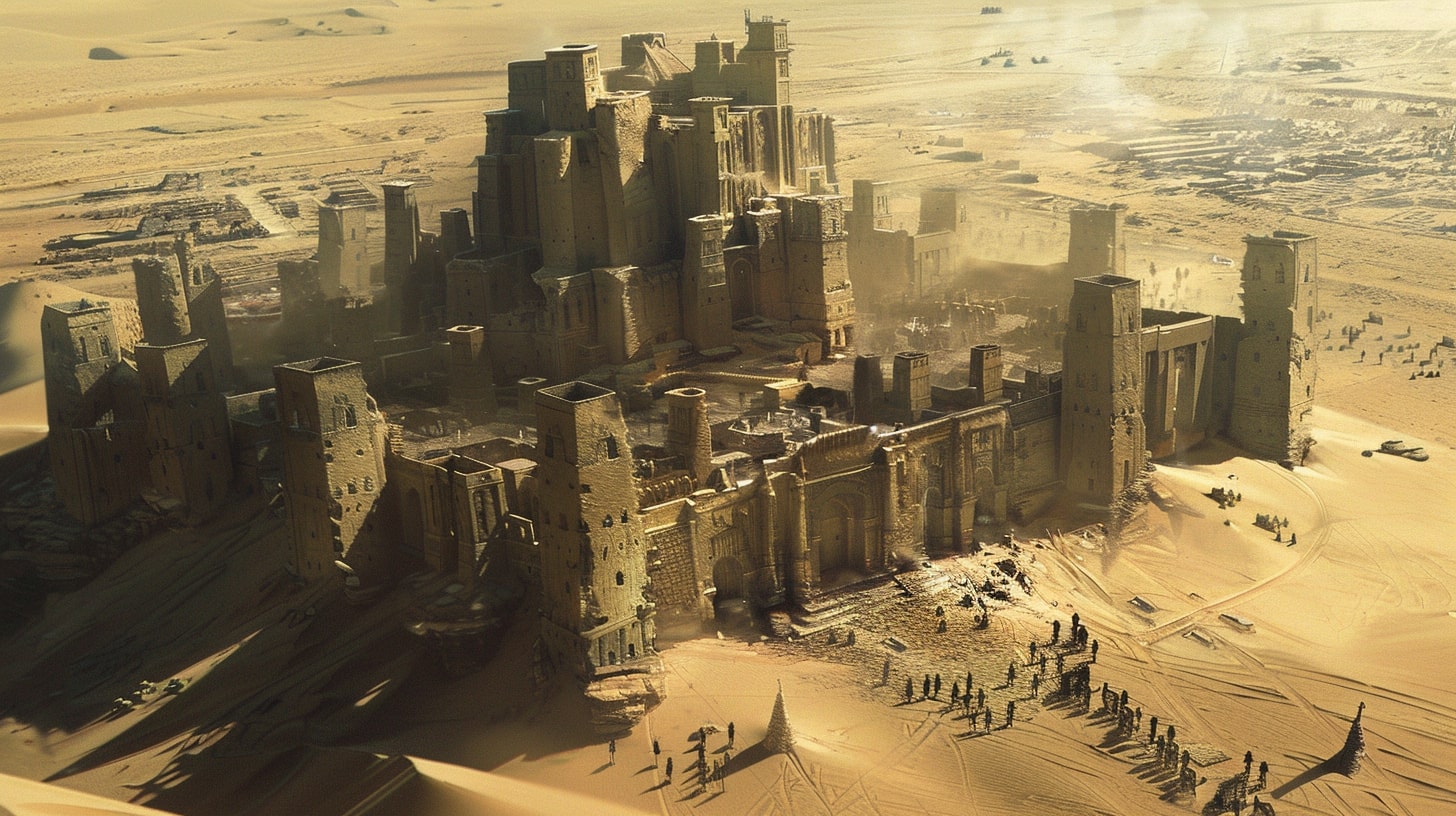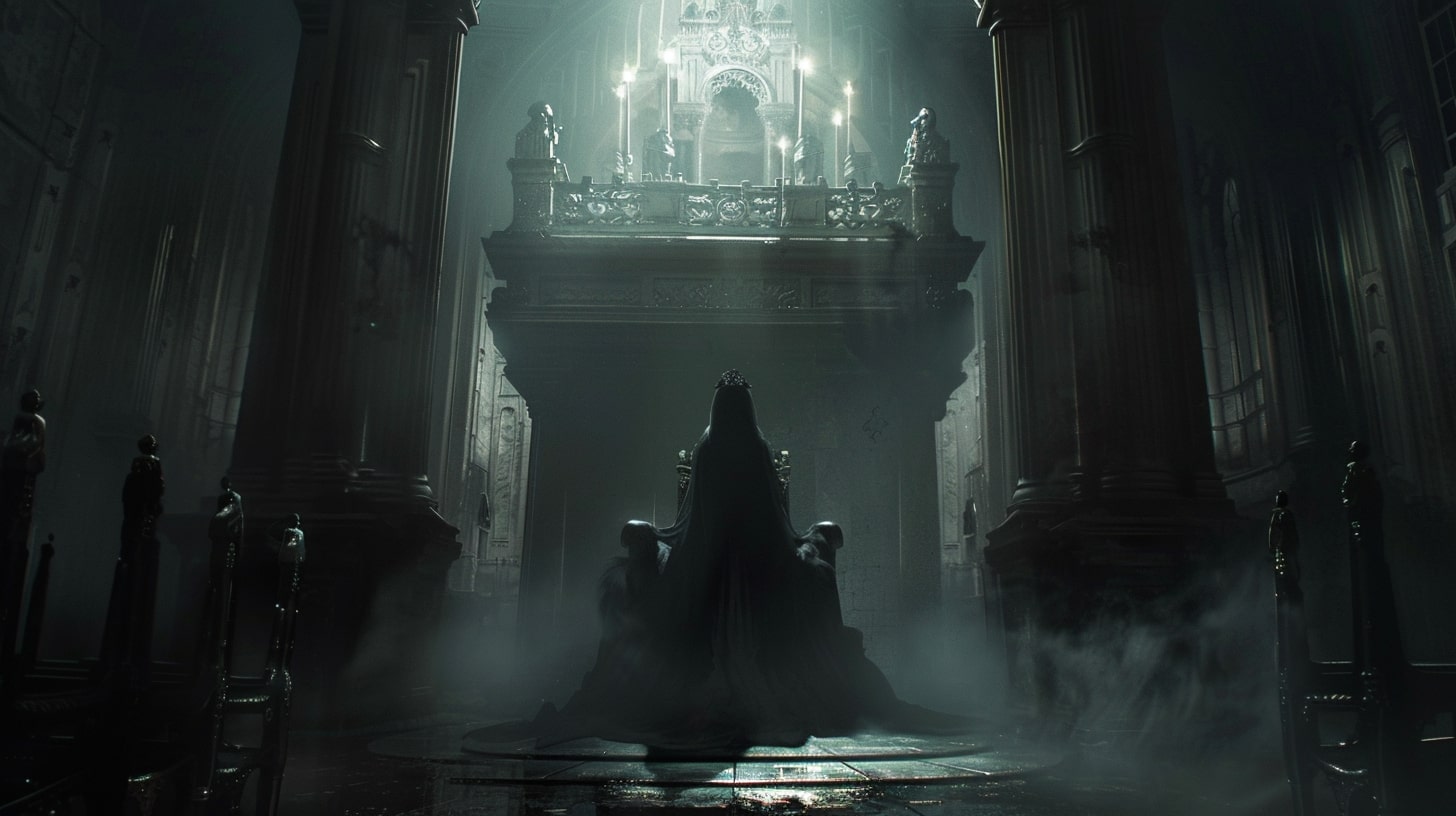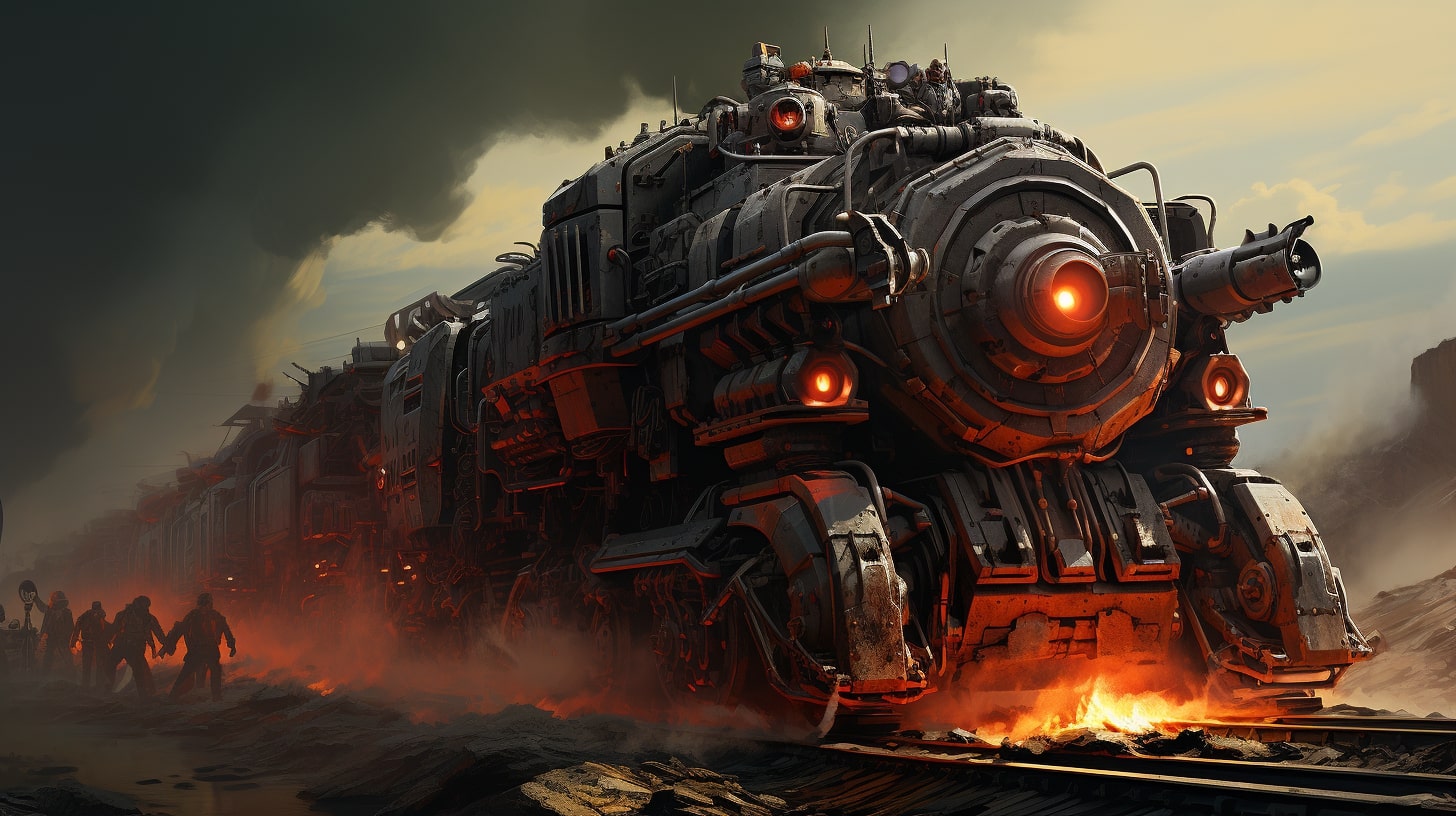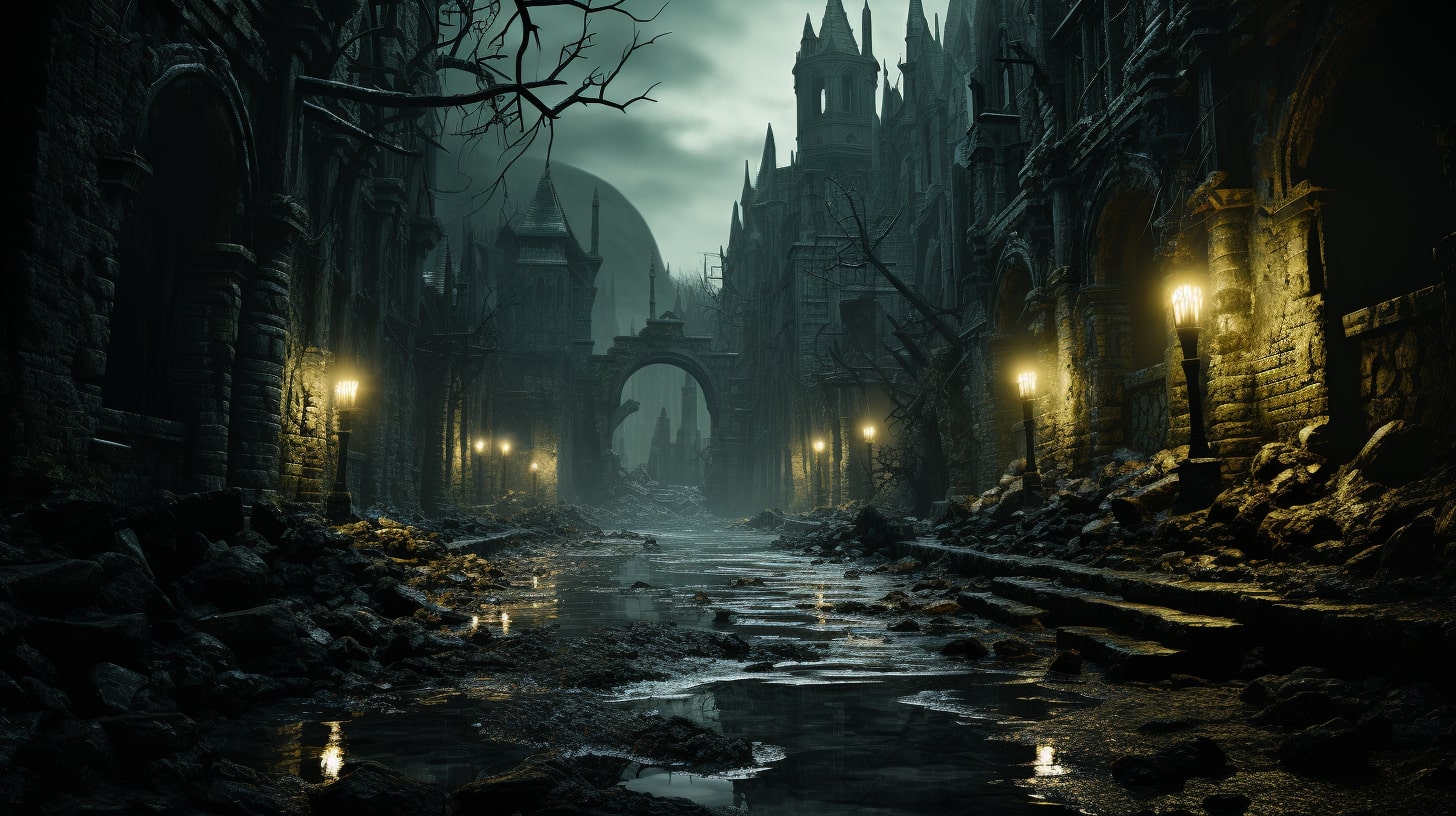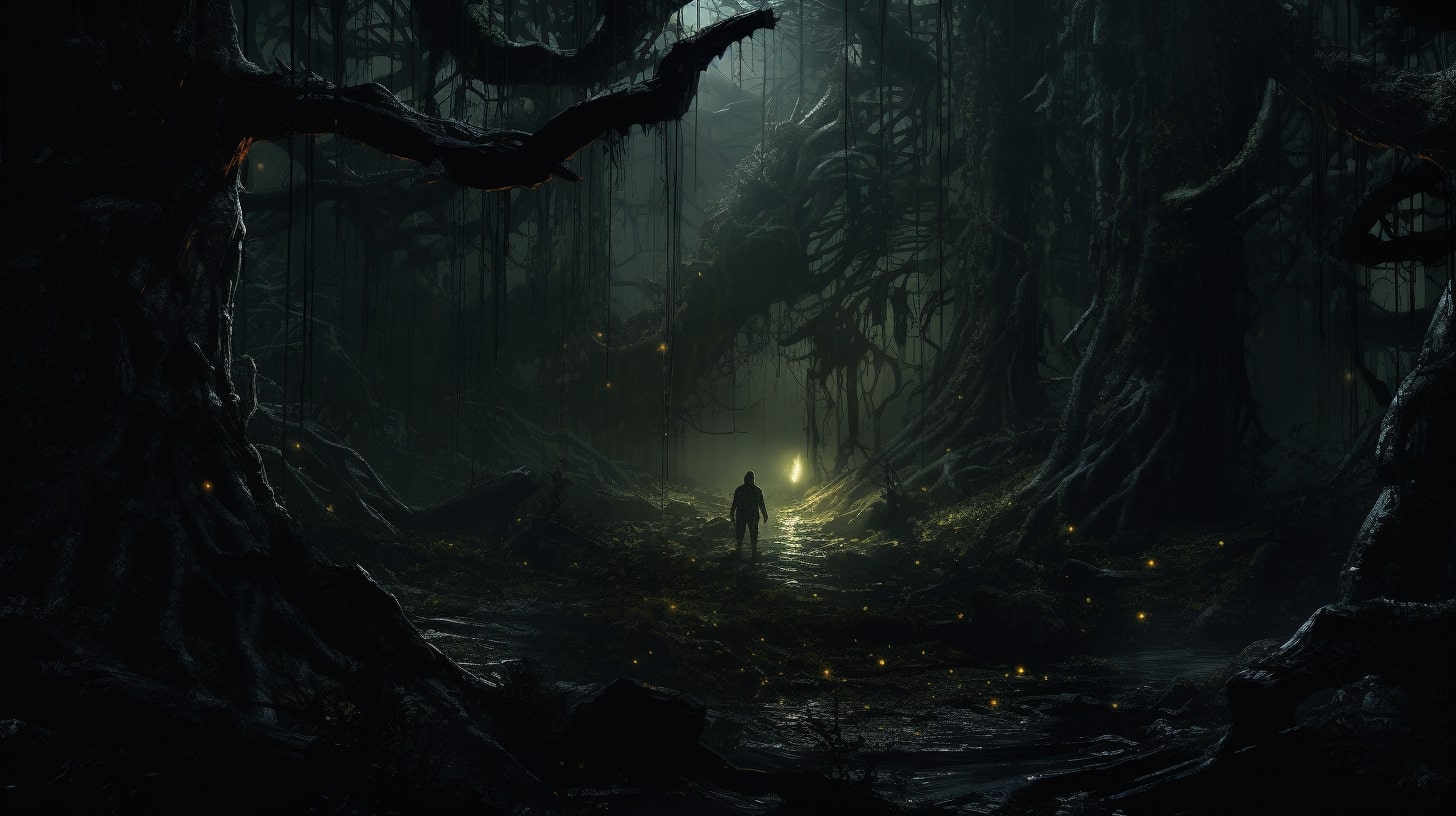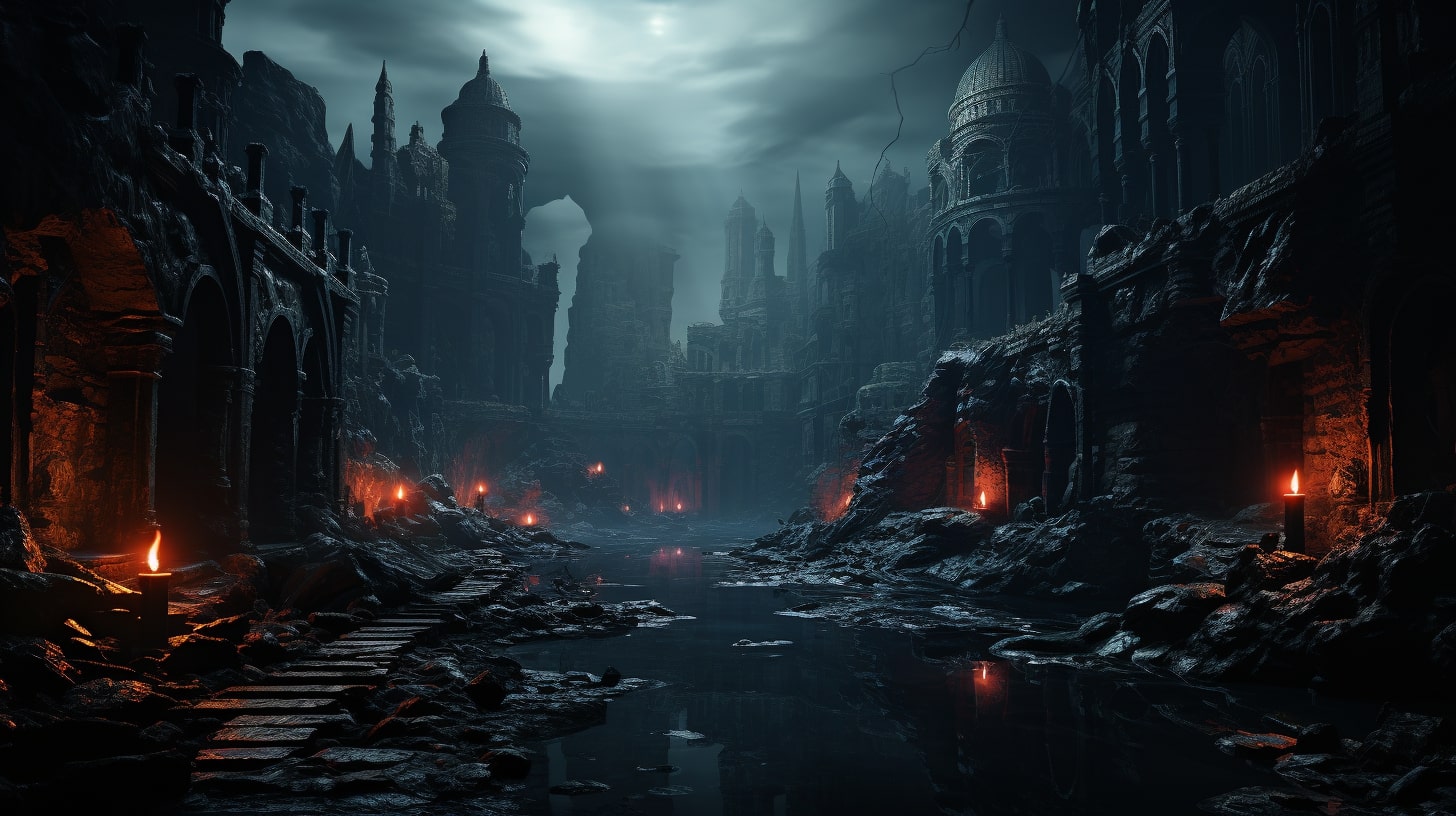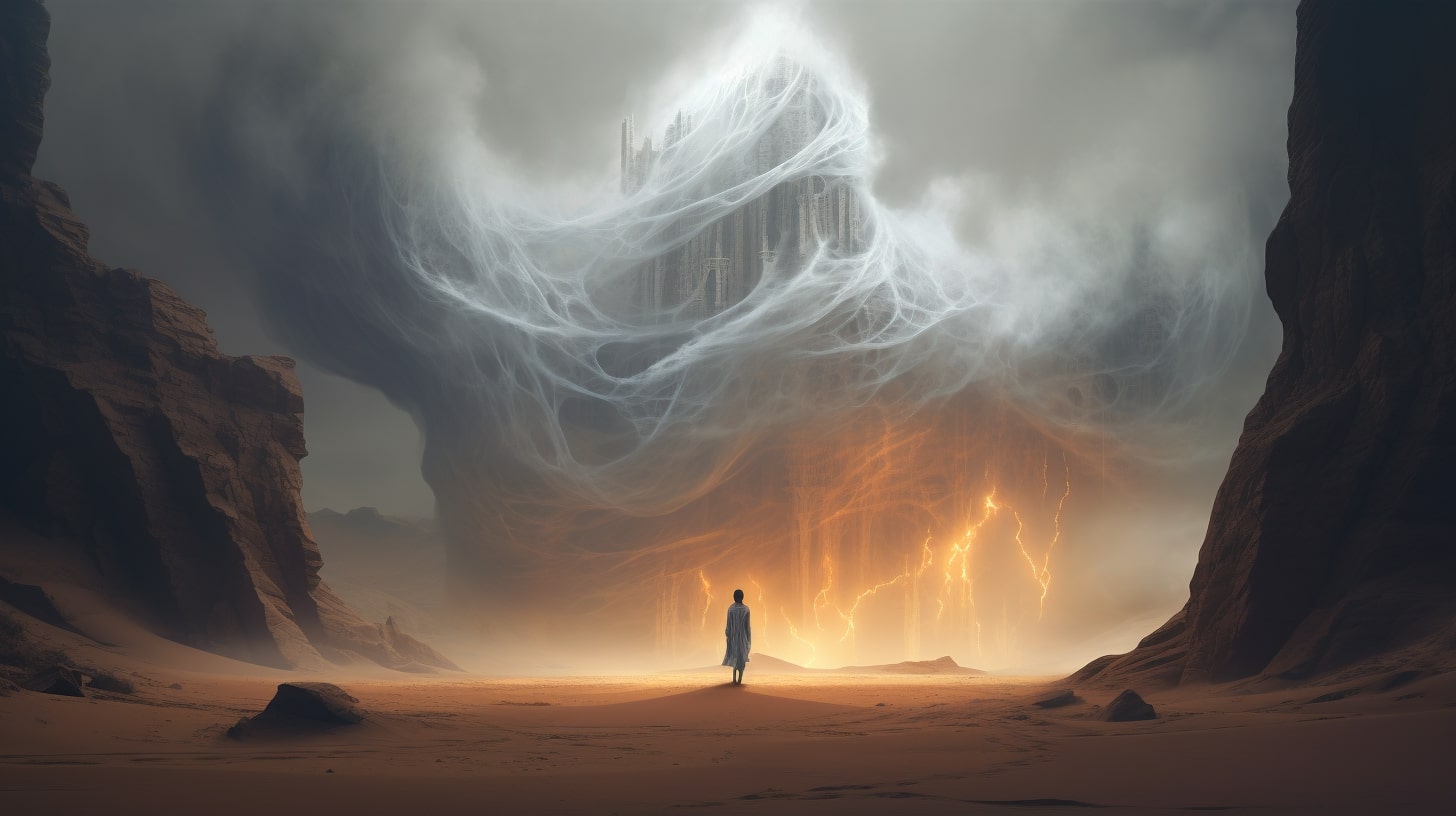Crafting a Unique Magic System
In the realm of worldbuilding, a well-developed magic system can add depth and intrigue to your fictional universe. A carefully crafted magic system not only captivates readers, but also enhances the overall storytelling experience. Here, we will explore the importance of a well-developed magic system and provide you with the steps to design your own worldbuilding magic system.
The Importance of a Well-Developed Magic System
A well-developed magic system is vital to creating a believable and immersive fictional world. It adds a sense of wonder, excitement, and mystery, allowing readers to escape into a realm where extraordinary abilities and supernatural forces exist. A strong magic system can also serve as a catalyst for conflict, character development, and plot progression, making it an integral part of the overall narrative.
For Myth Dawn it was important that I establish a strong magic system or the story doesn't hold up as well.
A carefully constructed magic system adds a layer of consistency and logic to your world. By establishing rules and limitations, you ensure that the use of magic remains balanced and grounded, preventing it from becoming a deus ex machina that solves all problems. Moreover, a well-designed magic system can provide opportunities for worldbuilding, allowing you to explore the cultural, societal, and historical implications of magic within your fictional universe.
Steps to Designing Your Worldbuilding Magic System
Designing a worldbuilding magic system requires thoughtful planning and consideration. By following these steps, you can create a unique and cohesive magic system that enhances your storytelling:
Define the Source of Magic: Determine the origin and source of magical power in your world. Is it derived from nature, ancient artifacts, or inherent abilities? Understanding the source of magic will help shape its rules and limitations.
Set Limitations and Boundaries: Establish clear limitations and boundaries for your magic system. This ensures that magic remains consistent and prevents it from becoming overly powerful or unbalanced. Define the scope of magical abilities and any restrictions that may exist.
Explore Types of Magic: Consider the different types or branches of magic that exist in your world. This could include elemental magic, illusion magic, healing magic, or necromancy, among others. Each type of magic may have its own unique characteristics and rules.
Consider Magic's Role in Society: Determine how magic is integrated into society. Does it play a central role in government or religious practices? Are there specific organizations or institutions dedicated to the study and control of magic? Understanding the social implications of magic will add depth to your world.
Develop Unique Abilities: Create a variety of unique magical abilities within your magic system. These abilities should be distinct and contribute to the diversity of your magical world. Consider how these abilities interact with the environment and other characters.
Address Skill Development and Training: Explore how characters acquire and develop their magical skills. Are there schools or mentors that teach magic? How does one improve their abilities over time? Understanding the process of skill development adds realism to your magic system.
Implement Magic in Everyday Life: Consider how magic is used in everyday life. Does it have practical applications such as transportation, communication, or agriculture? How does magic impact various industries or professions?
Incorporate Magic into the Story: Integrate magic seamlessly into your storytelling. Ensure that magical elements are woven into the plot, character arcs, and conflicts. Avoid introducing magic merely for the sake of spectacle, and instead make it an integral part of the narrative.
Gather Feedback: Seek feedback from beta readers or writing communities to refine and improve your magic system. Consider their perspectives and suggestions to strengthen the coherence and effectiveness of your worldbuilding.
Iterate and Improve: Continuously refine and improve your magic system as you progress through the writing process. Adapt the system based on the needs of your story and the feedback you receive, ensuring that it remains consistent and enhances the overall quality of your worldbuilding.
By following these steps, you can craft a unique and compelling magic system that enriches your fictional world. Remember to consider the internal logic, limitations, and impact of magic within the context of your story.
With a well-developed magic system, you can transport readers into a world brimming with enchantment and possibility.

Worldbuilding Magic System: Establishing the Rules
When creating a worldbuilding magic system, it's essential to establish clear rules and guidelines to ensure consistency and believability. By defining the source of magic and setting limitations and boundaries, you can create a cohesive and immersive magical world.
Defining the Source of Magic
To begin, you need to determine the source of magic in your world. Magic can stem from various origins, such as divine forces, natural energies, or inherent abilities. Consider how magic is accessed and granted to individuals. Is it inherited, learned, or bestowed upon them? By defining the source of magic, you lay the foundation for its existence and provide a framework for its utilization.
For instance, in a world where magic is derived from natural energies, individuals may tap into the elements or harness the power of celestial bodies. On the other hand, in a world where magic is granted by divine forces, individuals may need to demonstrate their devotion or perform specific rituals to access magical abilities. Whatever the source, it should align with the overarching themes and concepts of your world.
Setting Limitations and Boundaries
While magic allows for limitless possibilities, placing limitations and boundaries is crucial to maintaining balance and preventing an overpowered magic system. Consider the scope and extent of magical abilities. Are there specific restrictions that govern the usage of magic? Are there consequences for abusing or misusing magic?
By setting limitations, you add depth and complexity to your magic system. This can include restrictions based on time, energy, or knowledge. For example, magic may only be performed during specific celestial alignments, or it may require the use of rare and finite resources. Additionally, magic may come with physical or mental side effects that must be considered.
Furthermore, establishing boundaries helps to define the extent of magical influence in your world. Are there forbidden magics or taboos that must not be practiced? Are there areas where magic is amplified or dampened? These boundaries add intrigue and create opportunities for conflict and tension within your story.
By defining the source of magic and setting limitations and boundaries, you lay the groundwork for a well-rounded and believable magic system. This provides a solid foundation for further development and exploration of your worldbuilding. For more worldbuilding ideas and tips, check out our articles on worldbuilding inspiration and worldbuilding techniques.
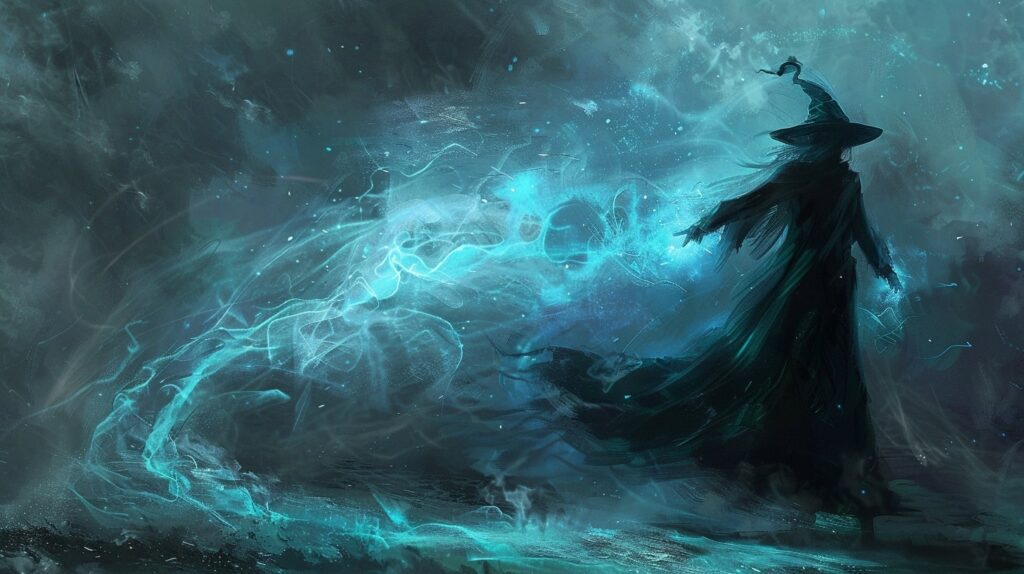
Building the Foundation
To create a captivating worldbuilding magic system, it's important to establish a strong foundation. This includes defining the types of magic present in your world and understanding its role in society.
Types of Magic
When designing your world's magic system, you have the opportunity to craft various types of magic that exist within your fictional realm. These types can be based on different elements, such as fire, water, air, or earth. Additionally, you can explore more abstract concepts as forms of magic, like illusion, healing, or divination.
By diversifying the types of magic in your world, you can create a rich and dynamic magical system. Each type of magic can have its own unique characteristics, strengths, and limitations, adding depth to your worldbuilding. Remember to consider how these different types of magic interact with one another and how they can be utilized by the individuals in your world.
Magic's Role in Society
Magic often plays a significant role in the societies you create. It can shape the social hierarchy, influence cultural practices, and impact the daily lives of individuals. Understanding how magic integrates into society is crucial for crafting a believable and immersive world.
In some societies, magic users may hold positions of power and authority, serving as healers, advisors, or even rulers. Alternatively, magic users may face discrimination and prejudice, leading to their marginalization within society. The presence of magic can also affect the economy, with magical goods or services being highly sought after or regulated.
Consider the cultural norms and traditions that have developed around magic in your world. Are there magical academies where individuals can learn to harness their powers? Are there strict laws governing the use of magic? Are magical abilities inherited or can they be acquired through training? These factors contribute to the intricate relationship between magic and society within your world.
By building a strong foundation that encompasses the different types of magic and its role in society, you lay the groundwork for a comprehensive and compelling worldbuilding magic system. As you continue to develop your magic system, remember to consider how these elements interact with the other aspects of your world, such as worldbuilding cultures and worldbuilding history, to create a cohesive and immersive fictional world.
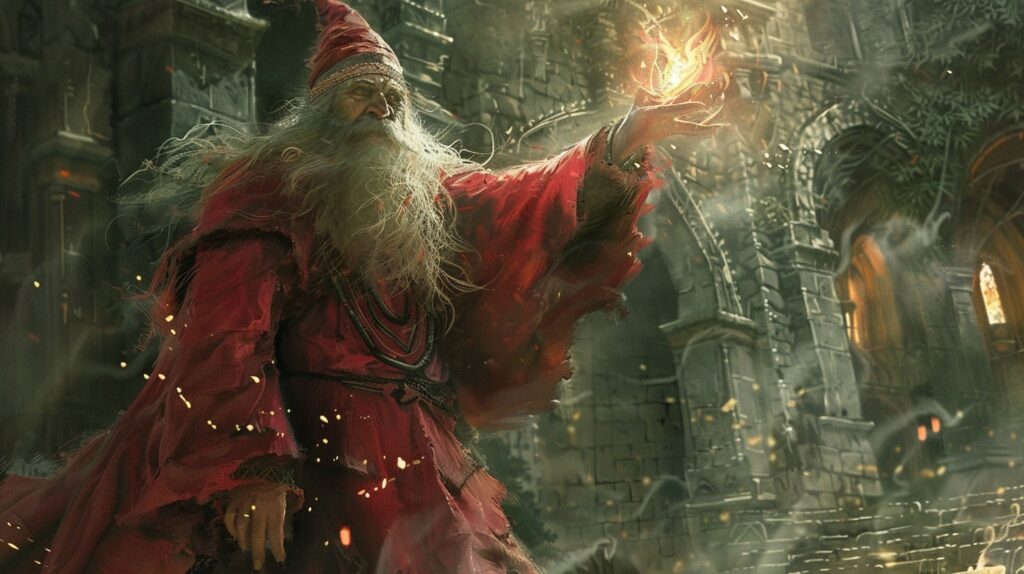
Creating Magical Elements
In the process of designing your worldbuilding magic system, one important aspect to consider is the creation of magical elements. These magical elements can be the foundation upon which your magic system is built, providing the basis for the unique powers and abilities within your world. Two common approaches to creating magical elements are elemental magic and abstract concepts as magic.
Elemental Magic
Elemental magic is a popular choice for many fantasy authors when constructing their magic systems. It revolves around the manipulation and control of the classical elements: earth, fire, water, and air. Each element possesses its own distinct properties, strengths, and weaknesses.
By assigning specific powers and abilities to each element, you can create a diverse range of magical abilities within your world. For example, individuals with an affinity for fire may have the power to generate flames, manipulate heat, or even summon fire-based creatures. On the other hand, those attuned to water might possess the ability to control water currents, create ice, or heal through water-based magic.
To help you visualize the elemental magic system, here is a table displaying the classical elements and some possible associated powers:
| Element | Associated Powers |
|---|---|
| Earth | Geokinesis, plant manipulation, ability to shape stone |
| Fire | Pyrokinesis, heat manipulation, fire conjuring |
| Water | Hydrokinesis, healing, ice manipulation |
| Air | Aerokinesis, flight, manipulation of wind currents |
Remember, these are just examples, and you can customize your elemental magic system to suit your world and story.
Abstract Concepts as Magic
Another approach to creating magical elements is to use abstract concepts as the basis for magic. This allows you to explore more unique and imaginative aspects of your world. Instead of tying magic to the classical elements, you can link it to concepts such as time, dreams, emotions, or knowledge.
By associating magical abilities with abstract concepts, you can develop a magic system that is both intriguing and distinct. For example, characters with powers related to time might possess the ability to manipulate time itself, see glimpses of the future, or even travel through time. Those connected to dreams could enter others' dreams, manipulate dreamscapes, or extract information from dreams.
Here is an example table displaying abstract concepts and their potential magical abilities:
| Concept | Associated Abilities |
|---|---|
| Time | Chronokinesis, precognition, time manipulation |
| Dreams | Oneirokinesis, dreamwalking, dream manipulation |
| Emotions | Empathy, emotional manipulation, aura reading |
| Knowledge | Mind reading, enhanced memory, ability to access forbidden knowledge |
By incorporating abstract concepts as magical elements, you can add depth and richness to your magic system, making it truly unique.
When developing your magical elements, remember to consider how they interact with one another and with other aspects of your world, such as worldbuilding cultures or worldbuilding history. This will help you create a cohesive and immersive world where magic plays an integral role.
Developing Magic Abilities
In your quest to design a captivating worldbuilding magic system, it's essential to consider the development of unique abilities and the process of skill development and training for your characters.
Unique Abilities
One of the hallmarks of a compelling magic system is the presence of unique abilities possessed by individuals within your world. These abilities can range from elemental manipulation to telekinesis, shape-shifting, or even the power to heal. By introducing distinctive and diverse abilities, you can create a rich and immersive magical world.
Consider the strengths and weaknesses of each character's abilities. It's important to strike a balance to avoid overpowering or underwhelming your characters. Each ability should have limitations and drawbacks to maintain a sense of challenge and keep your story engaging.
To ensure that your unique abilities align with the overall theme and rules of your magic system, refer back to the earlier sections on establishing the rules and building the foundation. This will help you maintain consistency and coherence throughout your world.
Skill Development and Training
Once you have defined the unique abilities within your magic system, it's time to explore how characters acquire and develop these powers. Skill development and training play a crucial role in shaping the proficiency of your characters' magical abilities.
Consider incorporating various methods of training, such as apprenticeships, formal education, mentorship, or self-taught practices. Different characters may have different learning curves and aptitudes, allowing for diversity and depth within your world.
To add depth and realism to your magic system, you can develop specialized schools, academies, or guilds dedicated to training individuals with magical abilities. These institutions can provide a structured environment for characters to enhance their skills, learn from experienced mentors, and interact with others who share similar powers.
Remember to emphasize the importance of practice, dedication, and the honing of skills. Mastery of magical abilities should not come easily, but rather through hard work, discipline, and perseverance. By highlighting the process of skill development and training, you can create relatable and dynamic characters within your magical world.
As you continue to refine your worldbuilding magic system, consider the interconnectedness of unique abilities and the journey of skill development and training. By providing your characters with distinct powers and a path to growth, you'll craft a captivating world that will enchant your readers.
Implementing Magic in the World
As you develop your worldbuilding magic system, it's important to consider how magic is incorporated into the everyday lives of your characters and the impact it has on the world they inhabit.
Magic in Everyday Life
In your world, magic can play a significant role in the daily lives of your characters. It can be seamlessly integrated into various aspects, such as communication, transportation, and even mundane tasks. For example, magic might be used to send messages instantaneously over long distances, or to power modes of transportation like flying carpets or magical portals.
Consider how magic influences the professions and occupations in your world. Are there magical healers who use their abilities to cure illnesses or injuries? Are there craftsmen who utilize magic to create intricate and enchanted objects? Exploring these possibilities will help you create a vibrant and immersive world where magic is an integral part of society.
To illustrate the impact of magic in everyday life, you can create a table showcasing different examples:
| Everyday Magic Examples | Description |
|---|---|
| Magical Communication | Instantaneous messaging through magical crystals or enchanted scrolls. |
| Transportation Magic | Magical portals that facilitate swift and efficient travel between distant locations. |
| Enchanted Objects | Everyday items imbued with magical properties, such as self-cleaning brooms or self-heating cauldrons. |
| Magical Agriculture | Spells and rituals used to enhance crop growth and ensure bountiful harvests. |
The possibilities are endless when it comes to integrating magic into the fabric of your world. Consider how magic can simplify tasks, improve quality of life, or present new challenges for your characters to navigate.
Magic's Impact on the World
Magic can have far-reaching effects on the world you are building. It can shape the environment, influence politics, and even affect the balance of power between different factions or nations. Understanding the impact of magic on your world will add depth and realism to your storytelling.
Consider how the presence of magic might affect the natural resources in your world. Are there magical creatures or plants that are vital to certain magical practices? Are certain areas rich in magical energy, leading to conflicts over control and exploitation? These factors can shape the geography, politics, and economy of your world.
In addition, think about how different societies or cultures within your world might have different relationships with magic. Some cultures may embrace magic as an integral part of their beliefs and traditions, while others might fear and shun it. These dynamics can create tensions and conflicts within your world, providing rich storytelling opportunities.
By exploring the impact of magic on the world, you can create a more immersive and realistic setting for your story.
As you continue to refine your worldbuilding magic system, remember to gather feedback and iterate on your ideas. Incorporate suggestions and improvements to make your magic system even more compelling and cohesive. By implementing magic in the world in a thoughtful and consistent manner, you will create a captivating and immersive world that will captivate your readers.
Balancing Magic and Plot
Incorporating magic into your story is an exciting way to enhance your plot and immerse readers in a captivating world. When weaving magic into your narrative, it's essential to strike a balance between its presence and its impact on the plot. Here are some tips for incorporating magic into the story and ensuring that it enhances the plot.
Incorporating Magic into the Story
Introducing magic into your story should be done thoughtfully and purposefully. Consider the following:
Introduce magic early: Establish the existence of magic early on in your story to set reader expectations and establish the magical elements that will play a role in your plot. This could be through character interactions, world descriptions, or significant events.
Integrate magic organically: Weave magic seamlessly into the fabric of your story. It should feel like a natural part of the world you've created, rather than a forced addition. Incorporate magical elements into the setting, characters, and conflicts to create a cohesive narrative.
Show, don't tell: Instead of simply telling readers about the magic system, show them how it works through character actions, dialogue, and vivid descriptions. Engage the senses to bring the magic to life and make it more relatable and believable.
Use magic to drive the plot: Make sure that magic serves a purpose in your story beyond mere spectacle. Integrate it into the conflicts, challenges, and resolutions that your characters face. Magic should be integral to the plot's progression and resolution.
Ensuring Magic Enhances the Plot
While magic can add an exciting layer to your story, it's essential to ensure that it enhances the plot rather than overshadowing it. Consider the following:
Maintain a balance: Avoid relying too heavily on magic to solve conflicts or advance the plot. The use of magic should be balanced with other elements, such as character development, relationships, and non-magical challenges. This will create a well-rounded and engaging narrative.
Establish limitations: Define clear limitations and rules for your magic system. These limitations can create tension, raise stakes, and prevent magic from becoming a convenient solution to every problem. By establishing boundaries, you can maintain suspense and keep readers invested in the outcome.
Explore consequences: Explore the consequences of magic, both positive and negative. Show how the use of magic can have far-reaching effects on characters, society, and the world. This adds depth and complexity to your plot, making it more engaging and believable.
Use magic as a catalyst: Employ magic as a catalyst for character growth, conflict, and transformation. The challenges and choices characters face as a result of magic can drive their development and add layers of complexity to your plot.
By thoughtfully incorporating magic into your story and ensuring that it enhances the plot, you can create a world that captivates readers and keeps them eagerly turning the pages. Remember to consider the impact of magic on your characters, conflicts, and the overall narrative, and let it play a role that is essential and meaningful to the story you want to tell.
Refining Your Magic System
As you continue to develop your worldbuilding magic system, it's essential to refine and improve it based on feedback and iteration. This process allows you to fine-tune your system and ensure it aligns with your vision. Here are two crucial steps in refining your magic system: gathering feedback and iterating and improving.
Gathering Feedback
Once you have a preliminary version of your magic system, it's beneficial to seek feedback from trusted sources. This can include fellow writers, beta readers, or even members of writing communities. Share your magic system with them and ask for their thoughts, opinions, and suggestions.
Consider creating a questionnaire or discussion guide to gather structured feedback. Ask specific questions about the clarity, coherence, and uniqueness of your magic system. Encourage participants to point out any inconsistencies, gaps in logic, or potential areas for improvement.
Listening to different perspectives can provide valuable insights and help you identify blind spots that you may have overlooked. It can also highlight areas where your magic system might be confusing or lacking in certain aspects. Remember to keep an open mind and be receptive to constructive criticism.
Iterating and Improving the Magic System
Armed with feedback, it's time to iterate and improve your magic system. Analyze the feedback you received and identify common themes or areas for improvement. Look for ways to address the concerns raised while staying true to your overall vision.
Consider revisiting the foundational elements of your magic system, such as the source of magic, its limitations, and the various types of magic. Evaluate whether these elements are consistent and coherent. Make necessary adjustments to ensure a well-structured and believable system.
Additionally, pay attention to the feedback regarding specific magic abilities or skills. Assess whether they enhance the overall narrative and align with the world you are building. Refine these aspects to ensure they contribute meaningfully to the story and the development of your characters.
Throughout the iteration process, refer back to your original goals and intentions for the magic system. Stay true to the essence of your world and the story you want to tell, while incorporating the valuable feedback you received.
Remember that refining your magic system is an ongoing process. As you continue to write and explore your world, you may discover new opportunities for improvement or encounter challenges that require adjustments. Embrace the iterative nature of worldbuilding and be open to continuous refinement.
By gathering feedback and iteratively improving your magic system, you can create a compelling and coherent system that enhances your worldbuilding and captivates your readers. Keep refining until you achieve the ultimate brilliance of your magic system.

